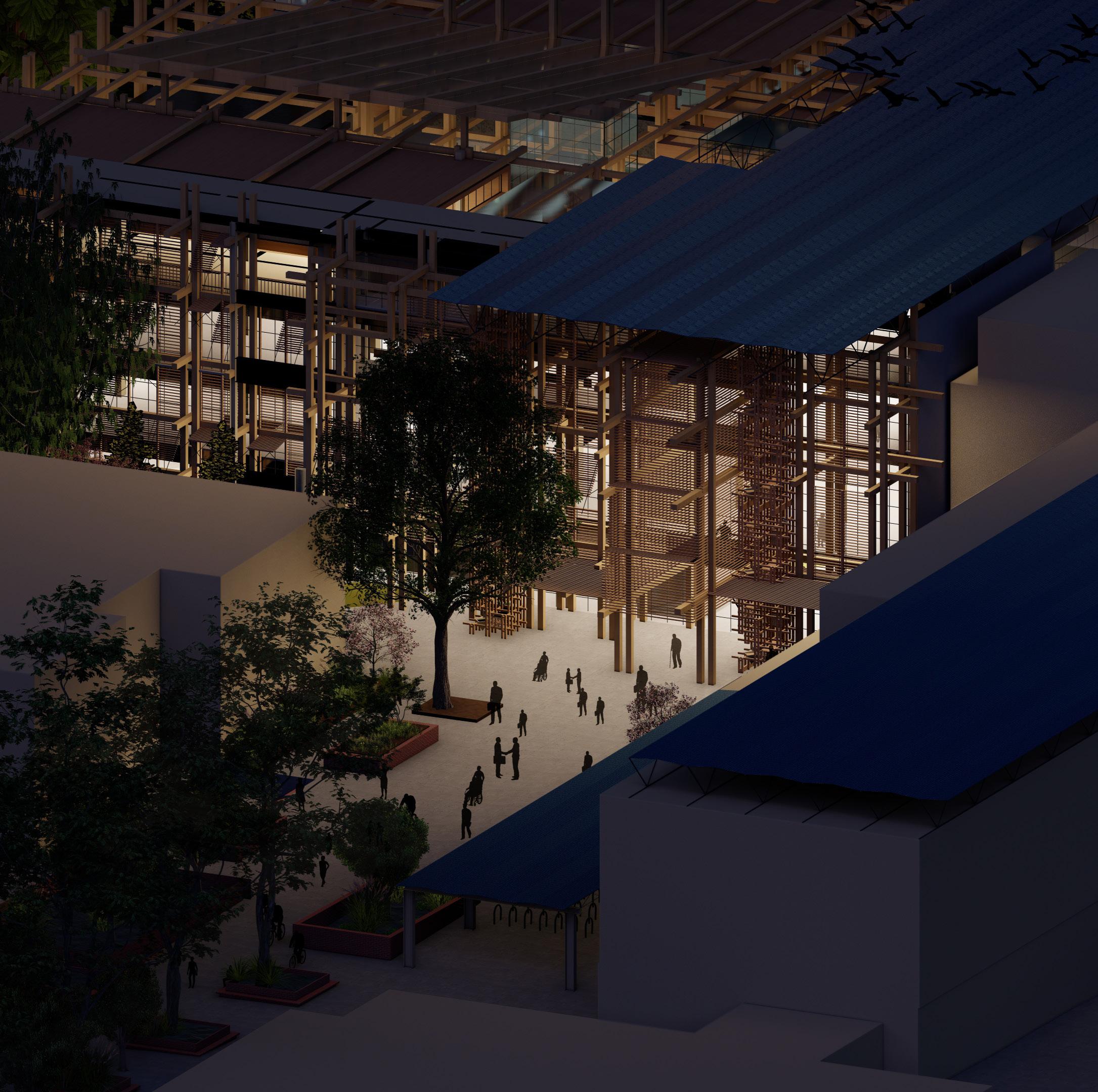LIVING LADY LAWRENCE X LIVING BUILDING CHALLENGE

YASH AKHOURI
ARCH 485/6 WITH TOM HAHN


YASH AKHOURI
ARCH 485/6 WITH TOM HAHN
CONCEPT
CONCEPTUAL DEVELOPMENT
CONCEPTUAL SYNTHESIS
PLACE PETAL***
I-01 : ECOLOGY OF PLACE
I-02 : URBAN AGRICULTURE
I-03 : HABITAT EXCHANGE
I-04 : HUMAN SCALED LIVING
MATERIALS PETAL
I-12 : RESPONSIBLE MATERIALS
I-13 : RED LIST
I-14 : RESPONSIBLE SOURCING
I-15 : LIVING ECONOMY SOURCING
I-16 : NET POSTIVE WASTE
WATER PETAL
I-05 : RESPONSIBLE WATER USE
I-06 : NET POSITIVE WATER
EQUITY PETAL
I-17 : UNIVERSAL ACCESS
I-18 : INCLUSION
ENERGY PETAL
I-07 : ENERGY AND CARBON REDUCTION
I-08 : NET POSITIVE CARBON
BEAUTY PETAL
I-19 :
HEALTH AND HAPPINESS PETAL
I-09 : HEALTHY INTERIOR ENVIRONMENT
I-10 : HEALTHY INTERIOR PERFORMANCE
I-11 : ACCESS TO NATURE
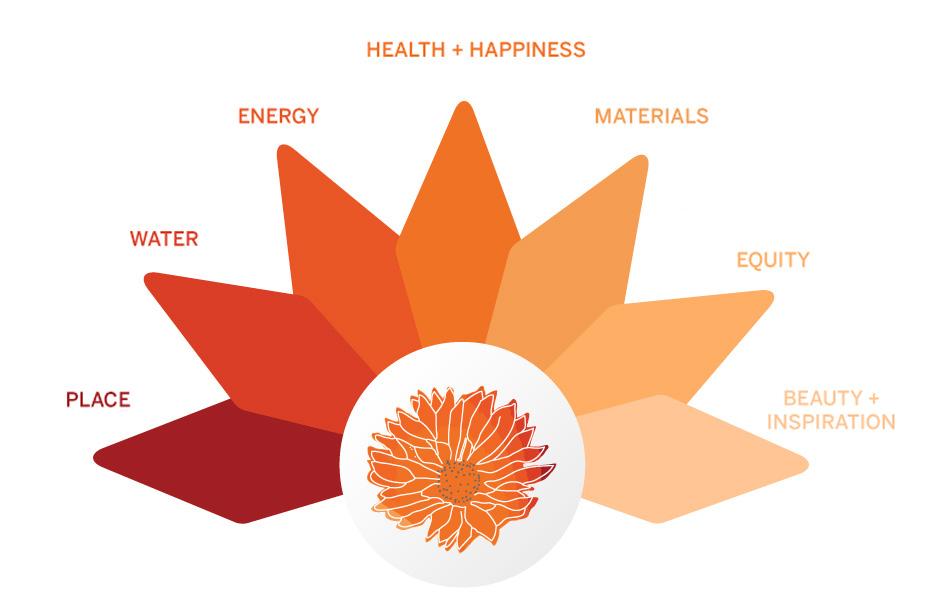
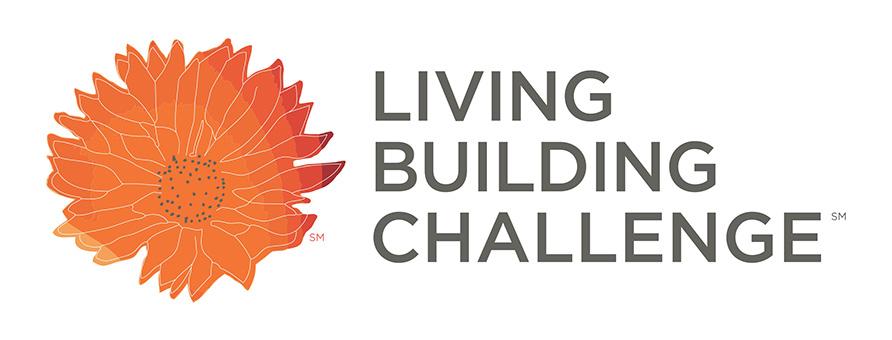
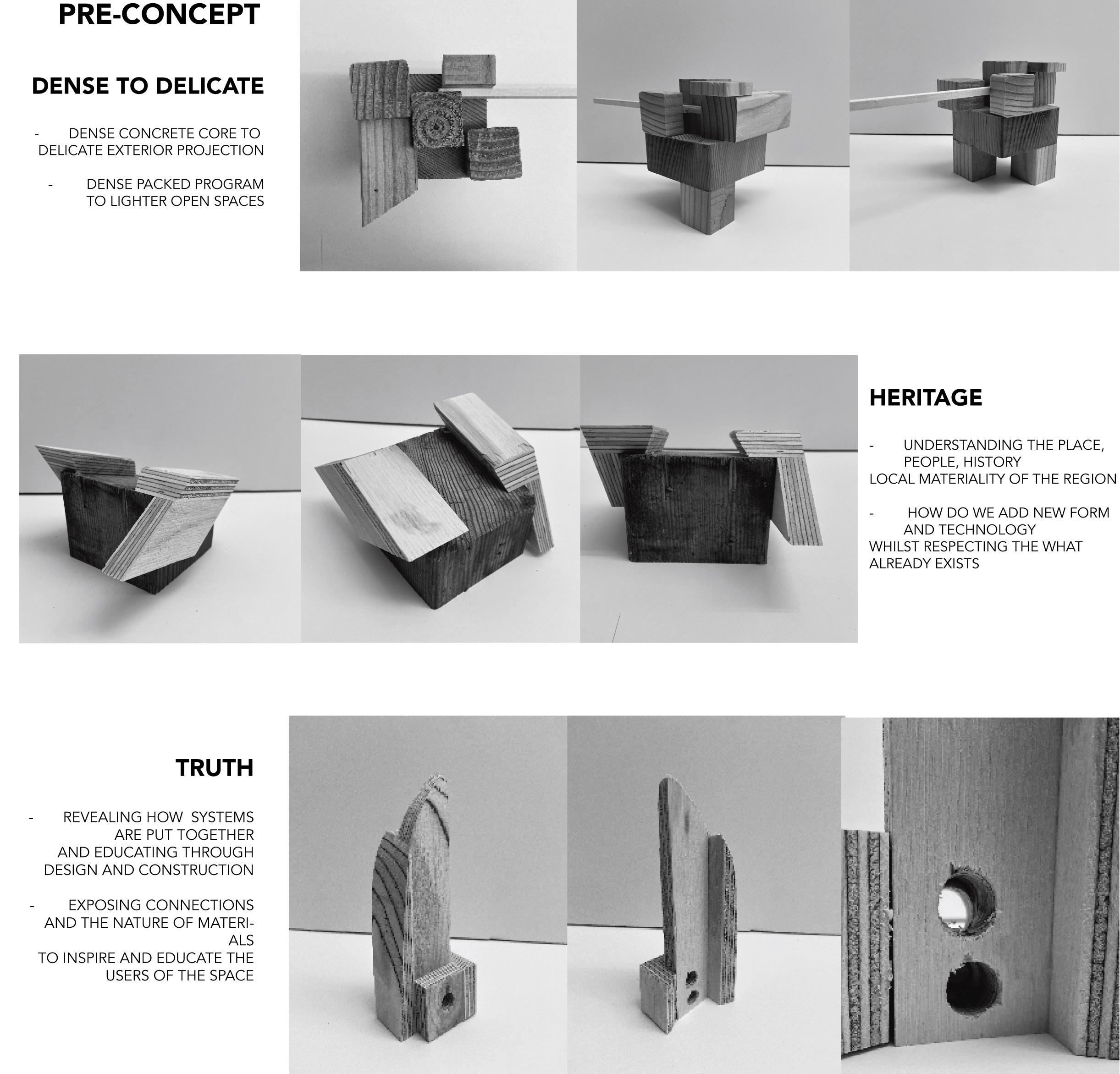
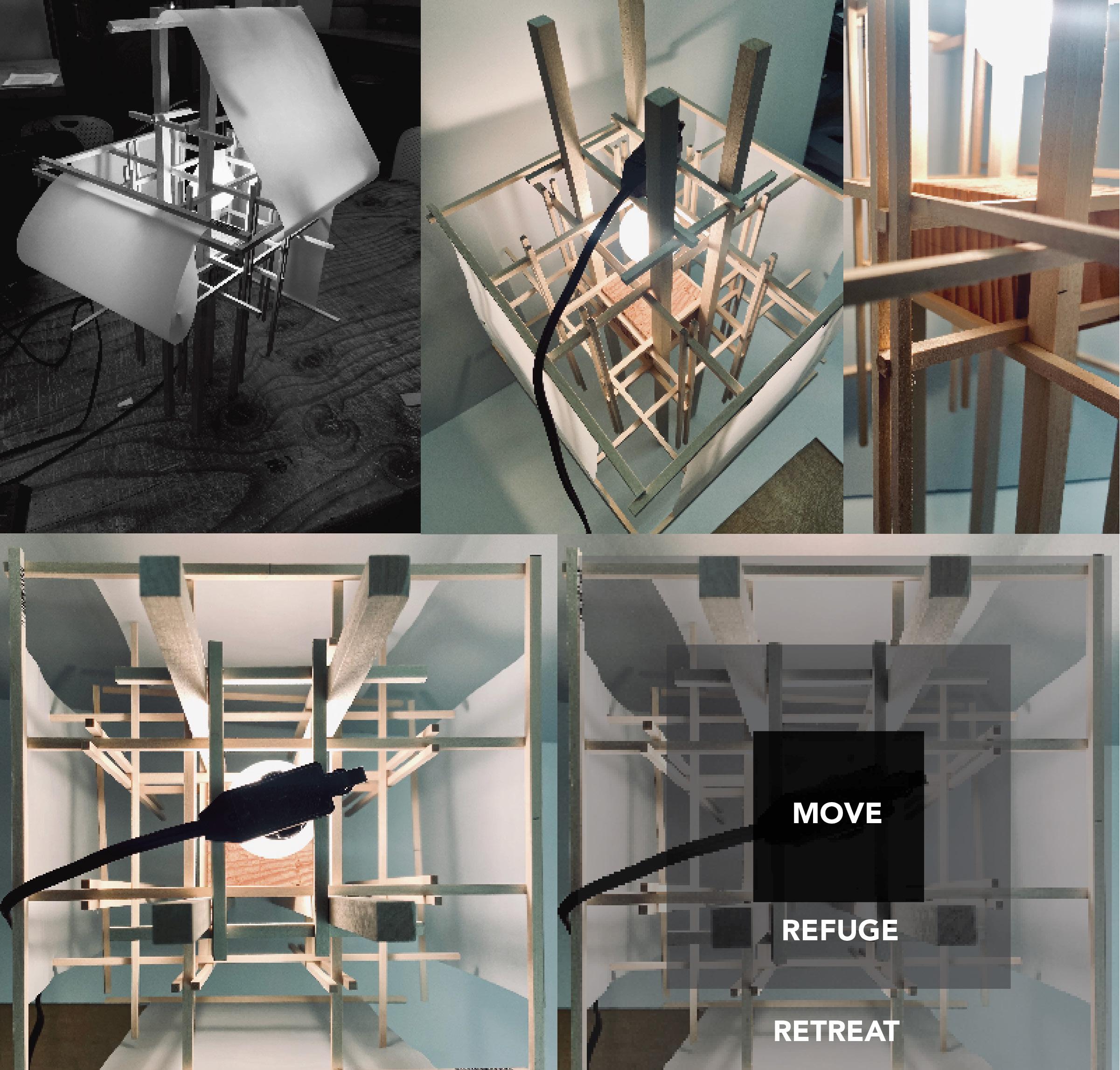
We acknowledge that we are on the traditional lands of the Kalapuya People. We honor their history, resilience, and ongoing presence. We commit to reconciliation, respect, and supporting their self-determination.
From an insightful lecture that was presented to us from a representative of Native American people, we were able to dive deeper into the lives through the seasons in the Pacific NorthWest. Through this I was able to learn that the Kalapuya lived in large communities/lodges over the colder seasons and during the warmer seasons would break out into smaller families and travel to their favourite river spots or forest clearings for hunting and gathering
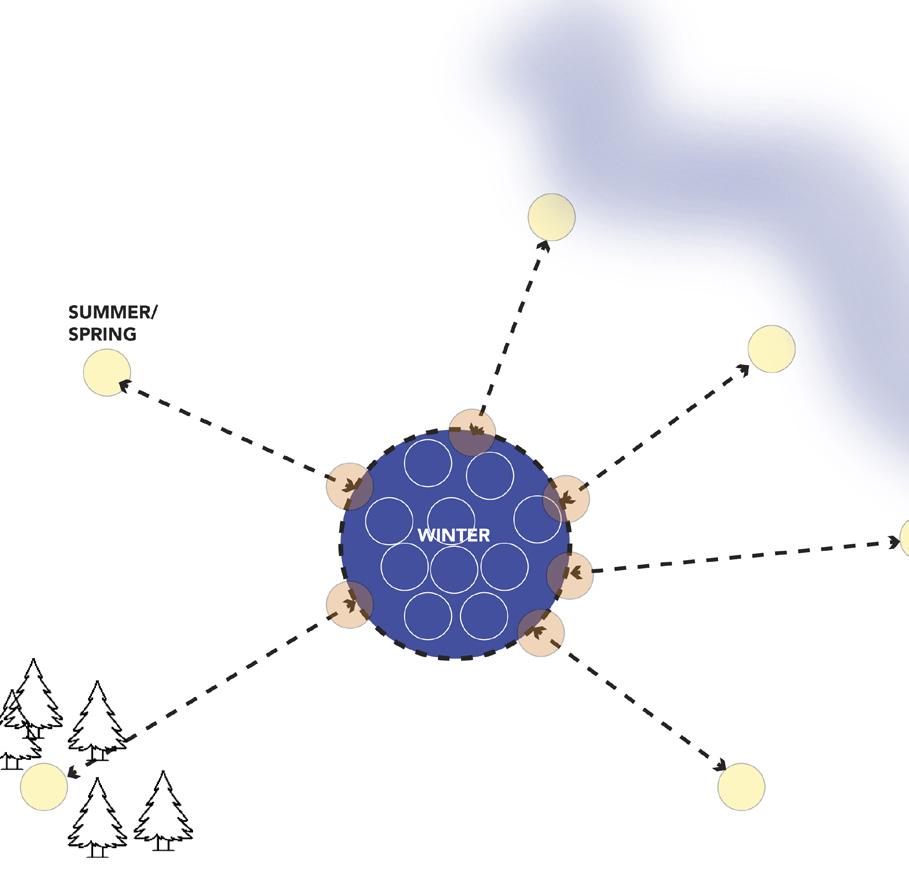
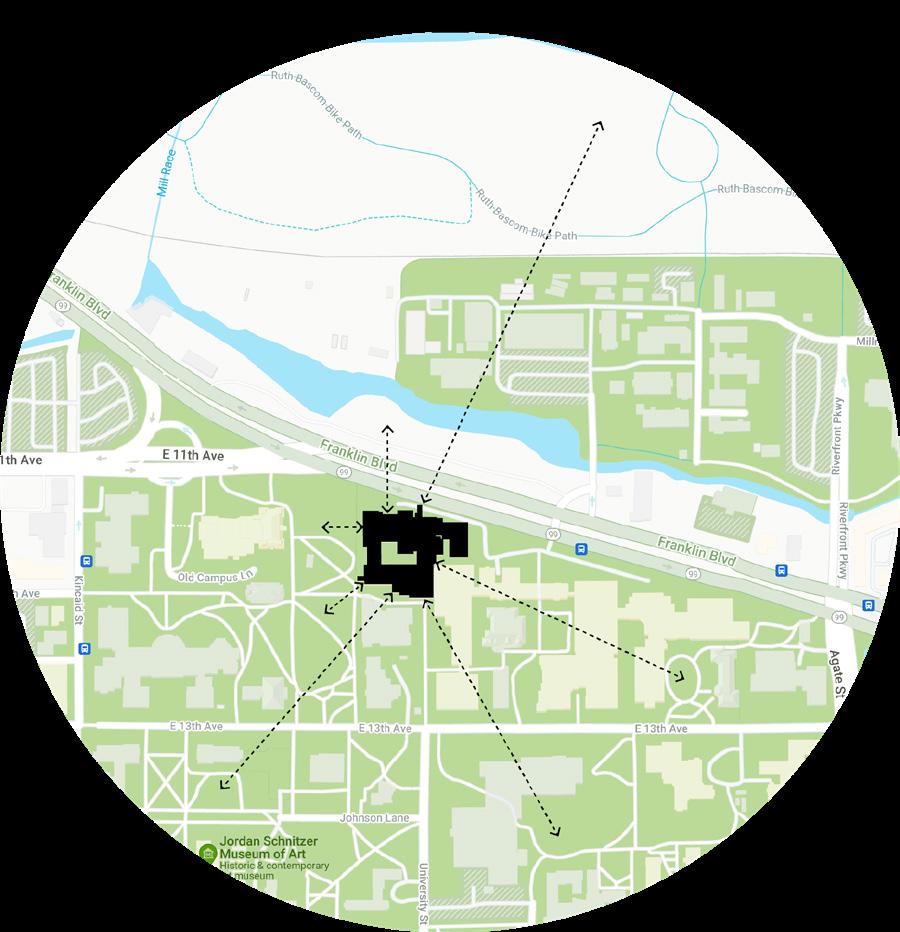
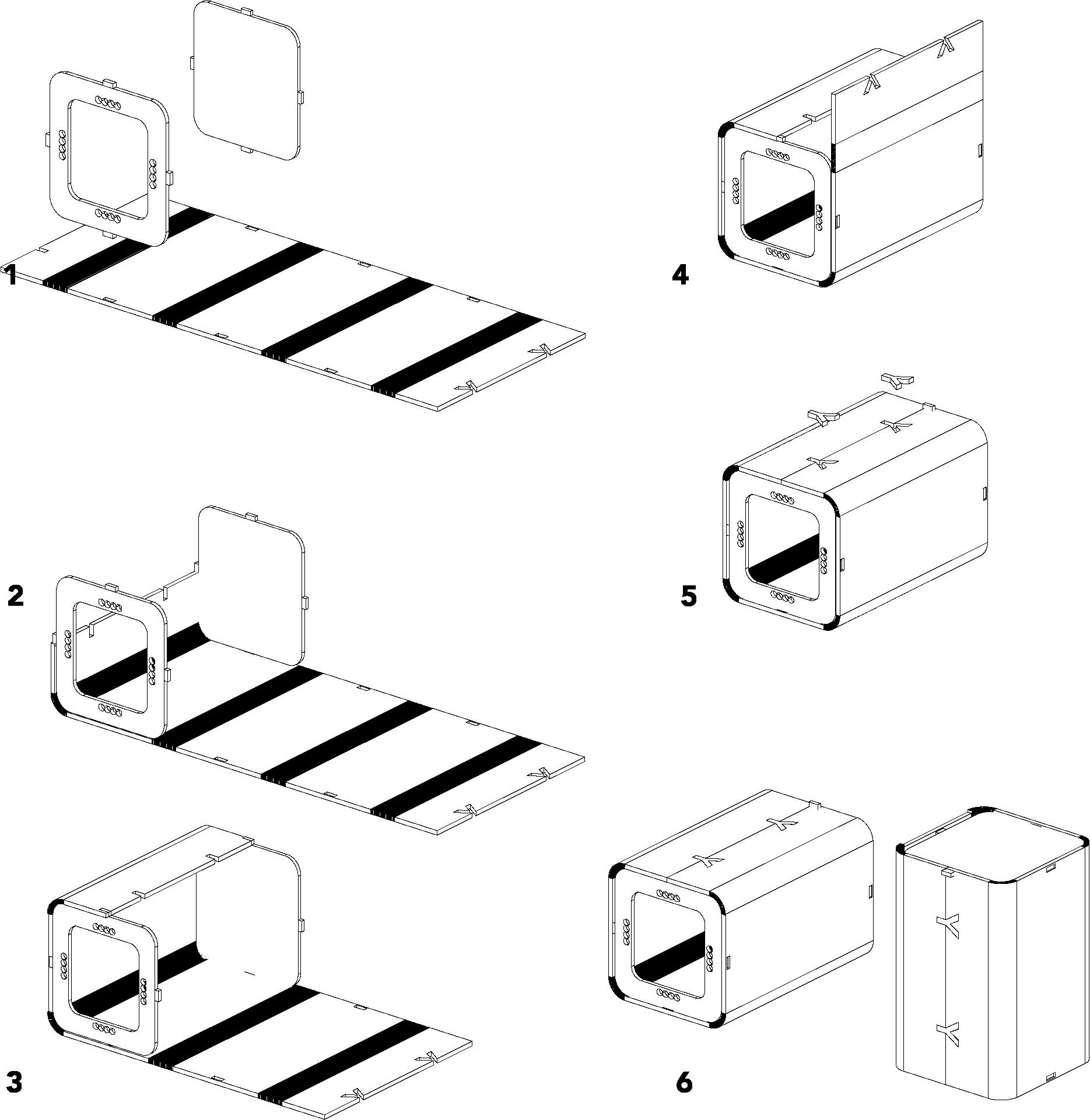
PACKABLE STUDIO MODULE
LAWRENCE AS LARGE GATHERING AND MODULE AS SMALLER MOVABLE UNIT FOR WARMER WEATHER
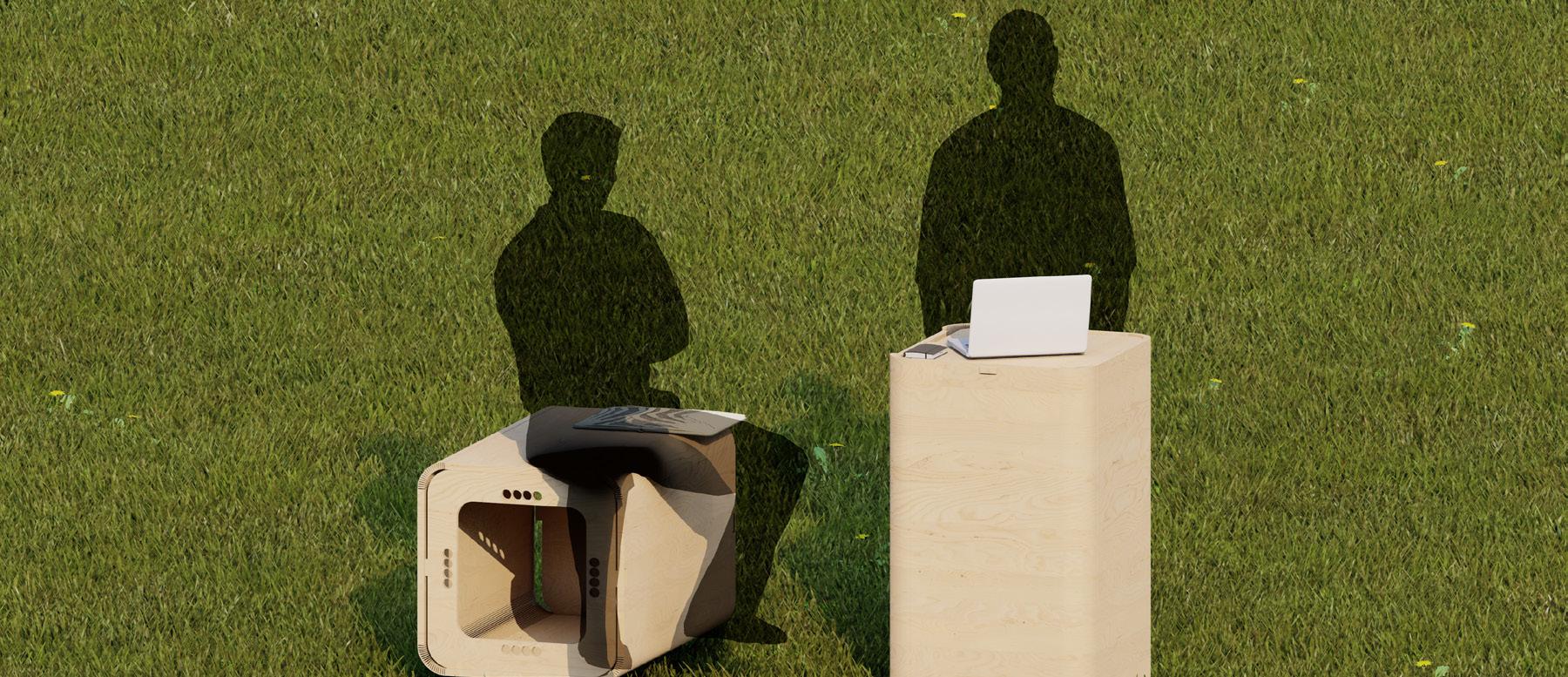
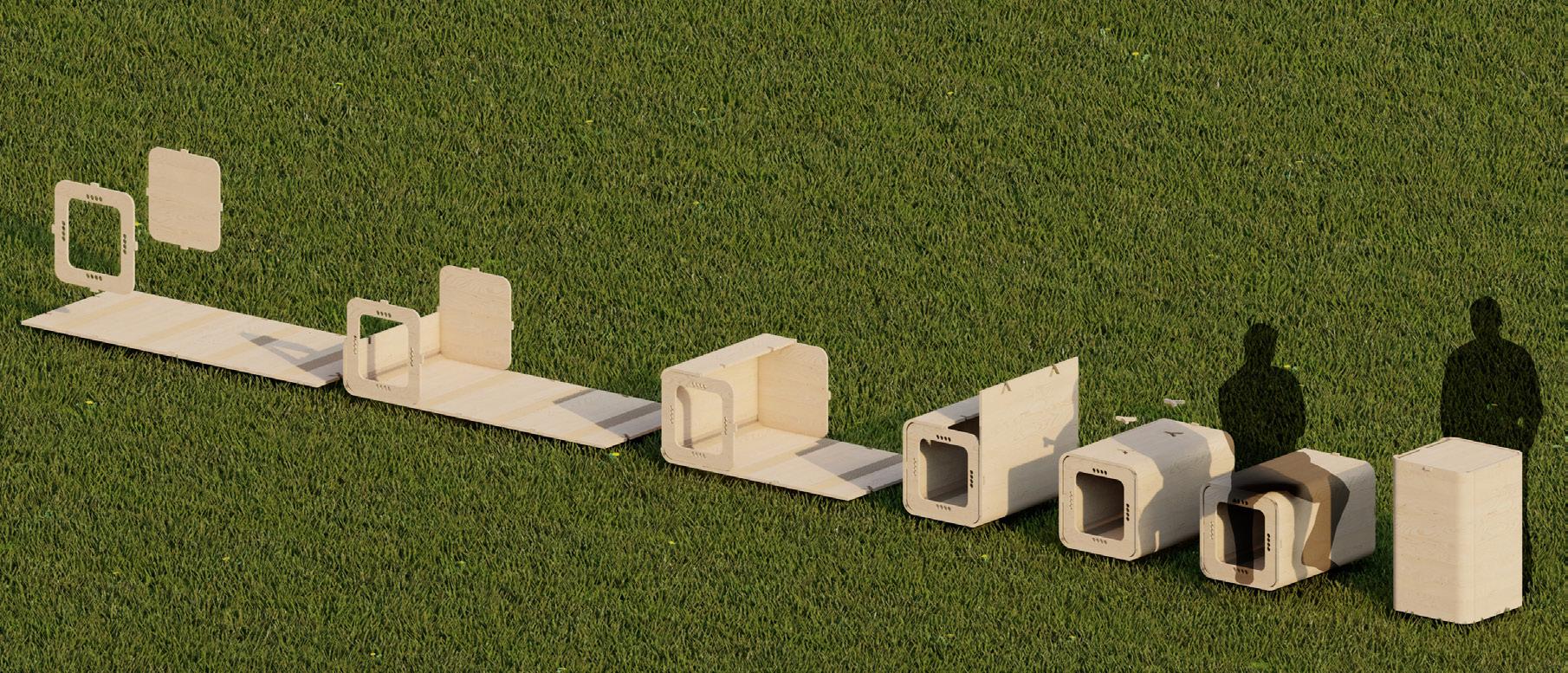
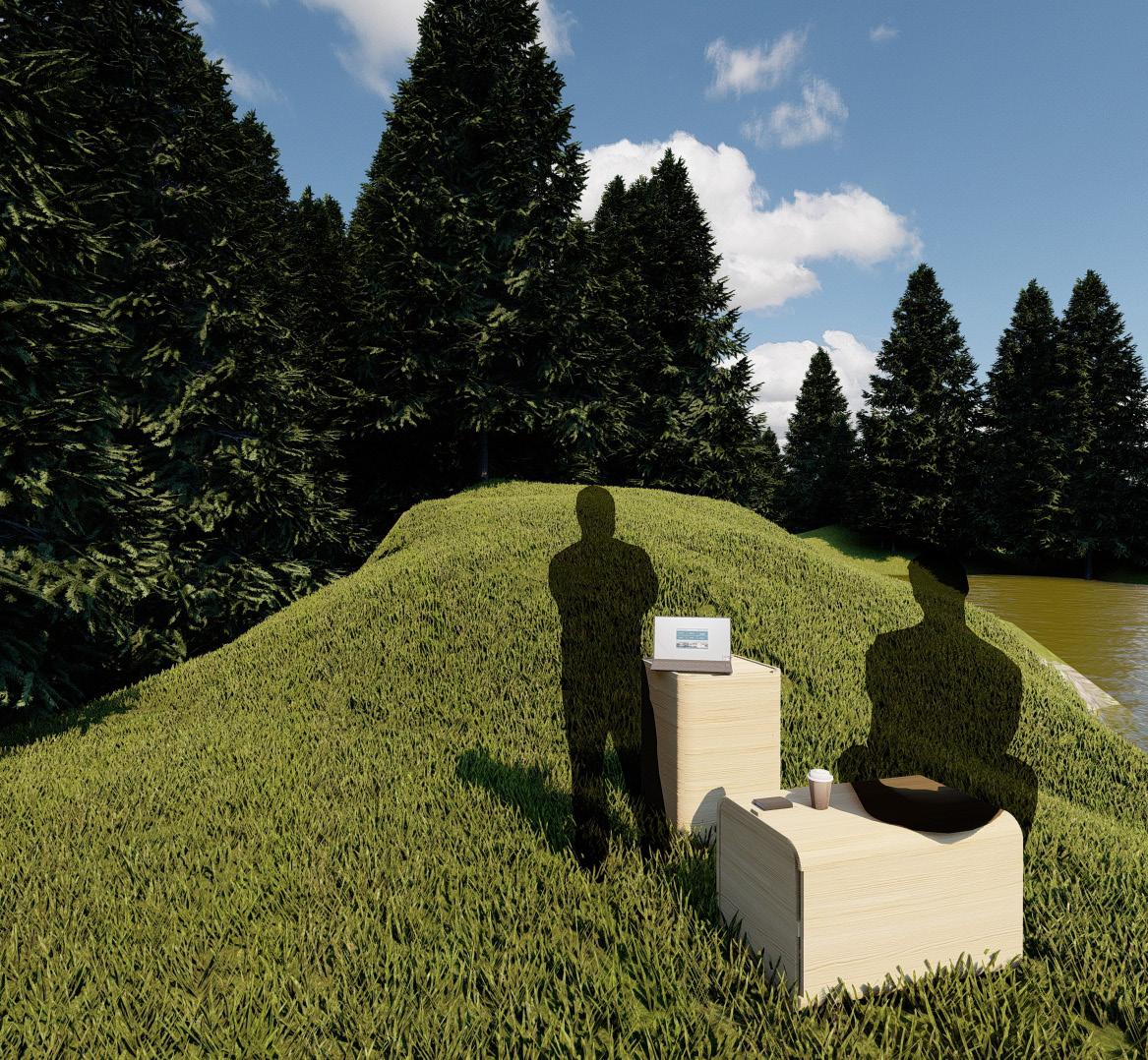
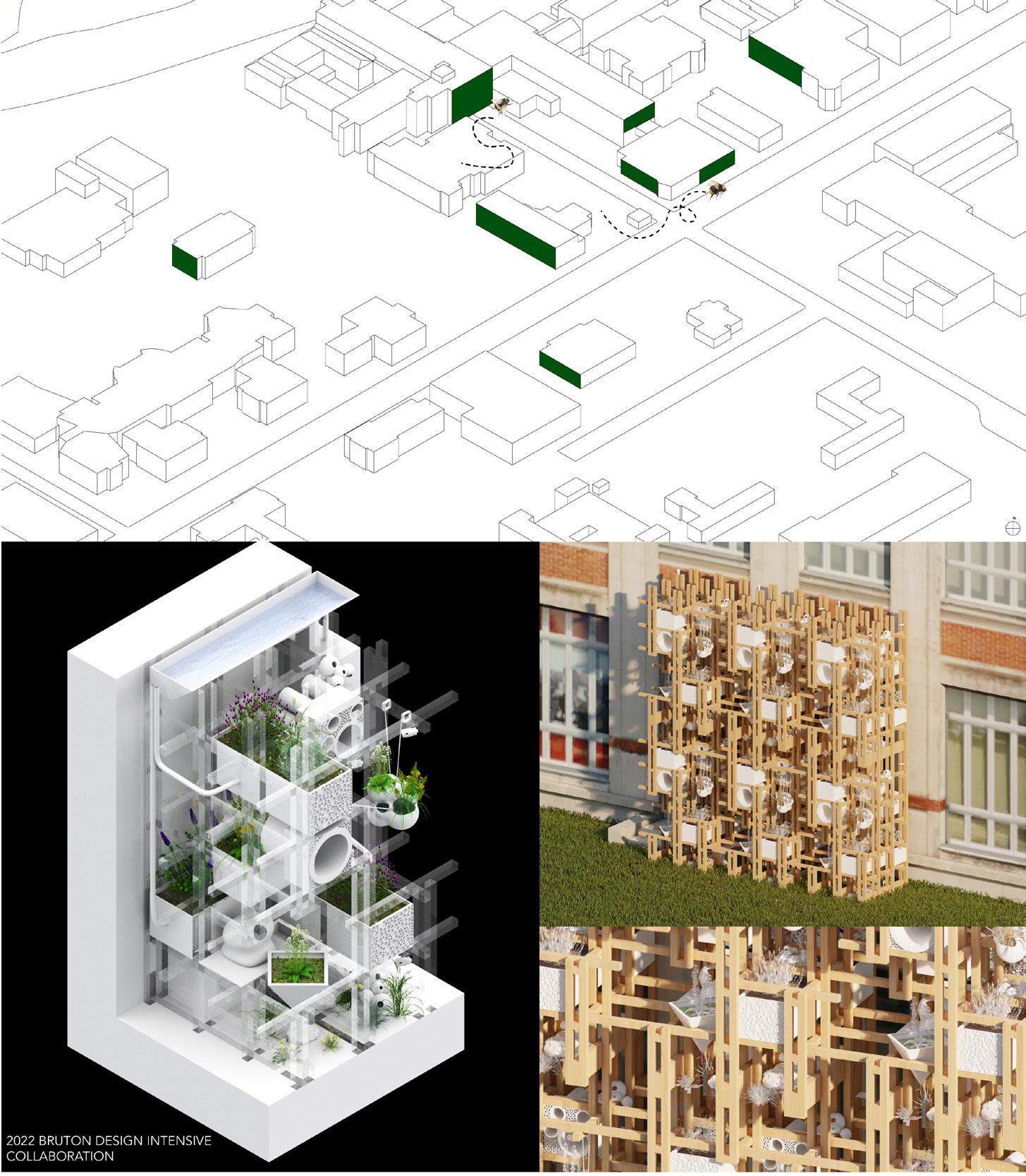
POLLINATOR FACADES ALLOW FOR CLOSE INTERACTION BETWEEN PEOPLE AND LOCAL POLLINATOR, THIS PROTOTYPE ALSO ALLOW FOR VERNACULAR PLANTING
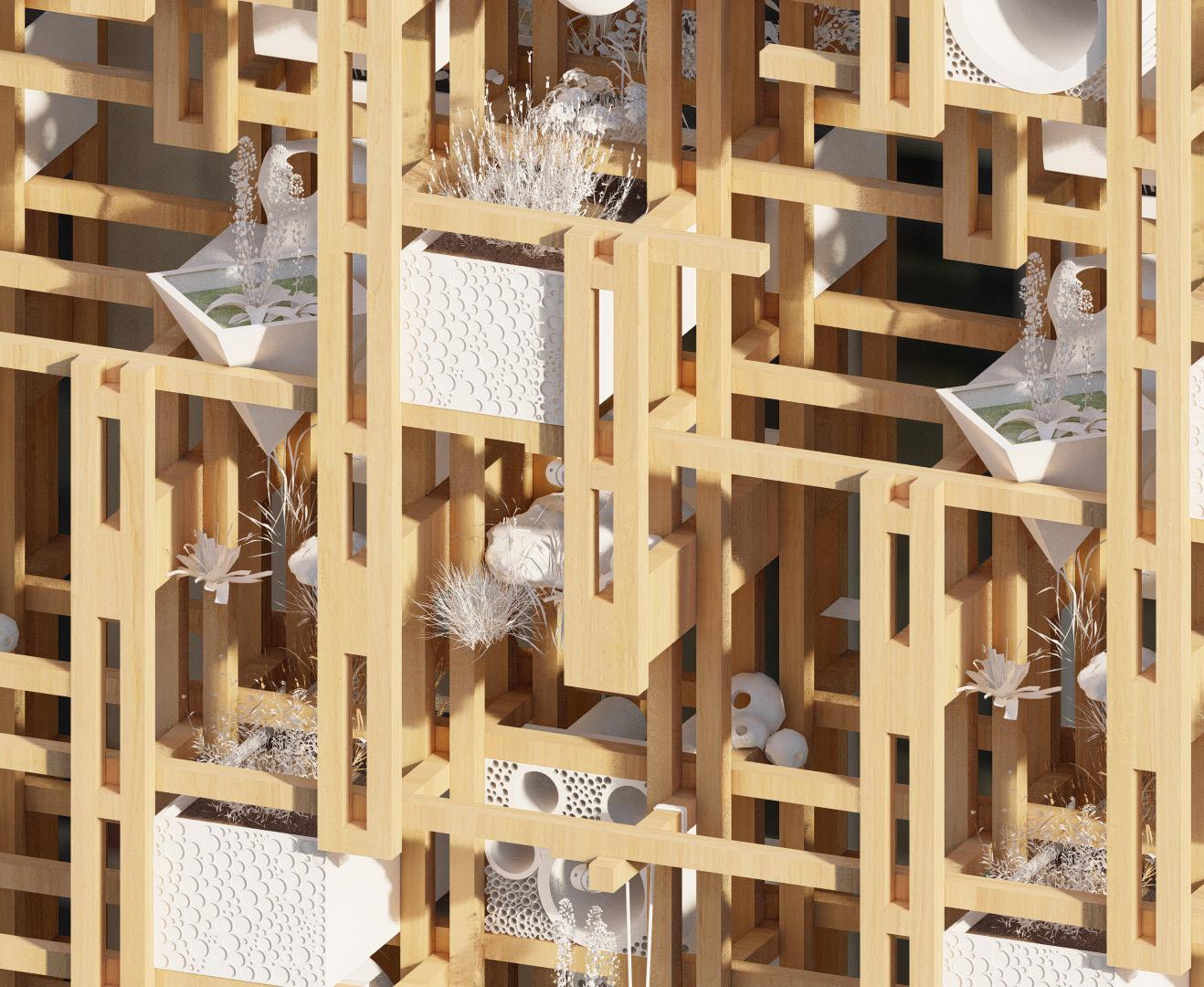
BY USING ENGINEERED TIMBER WE SHOULD INVEST IN THE AREAS WHERE WE EDUCATE FUTTURE GENERATIONS AND WHERE WE ACQUIRE THE TIMBER FROM
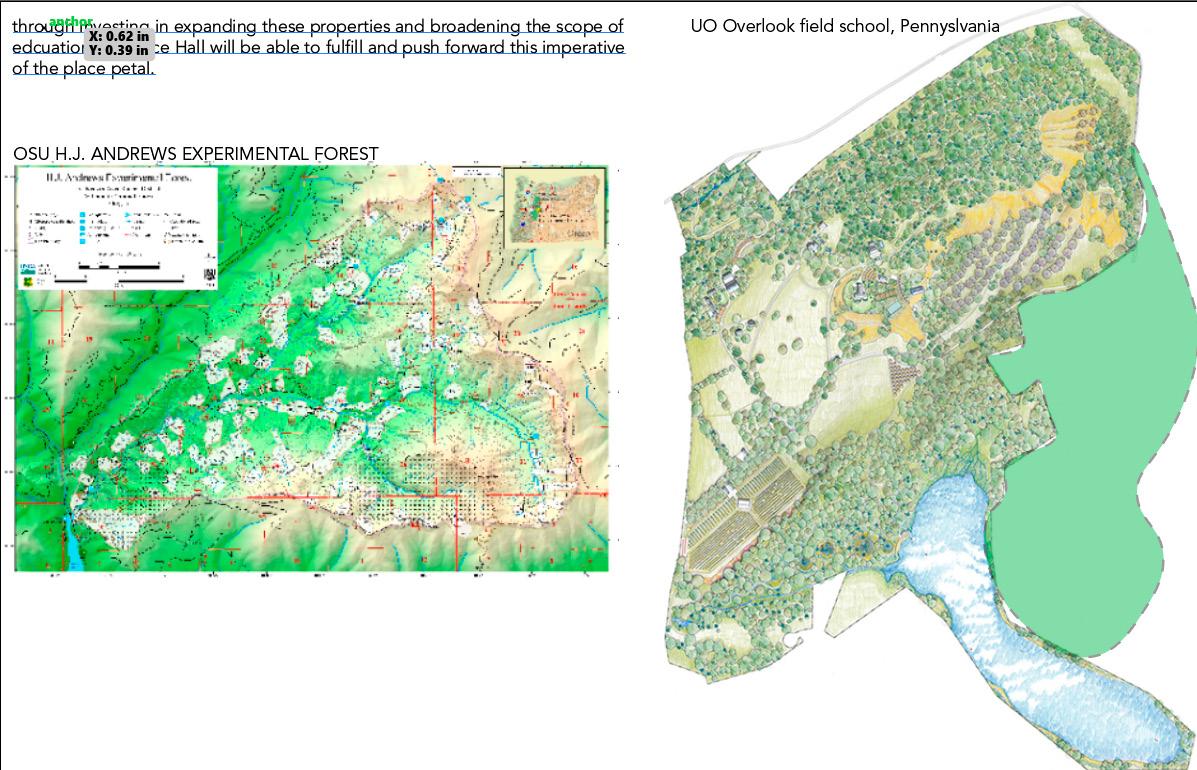
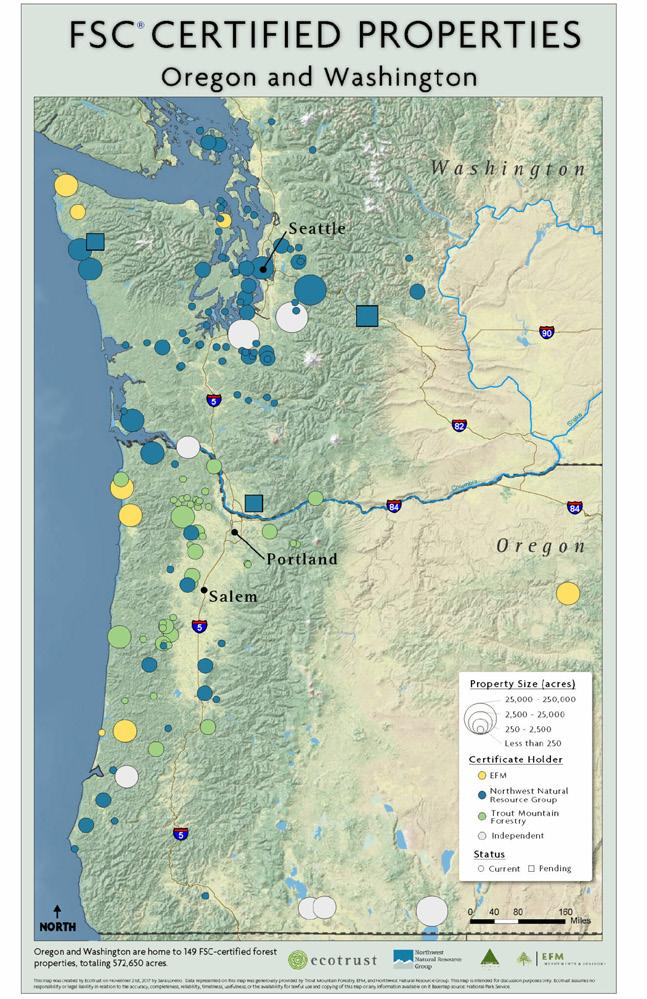
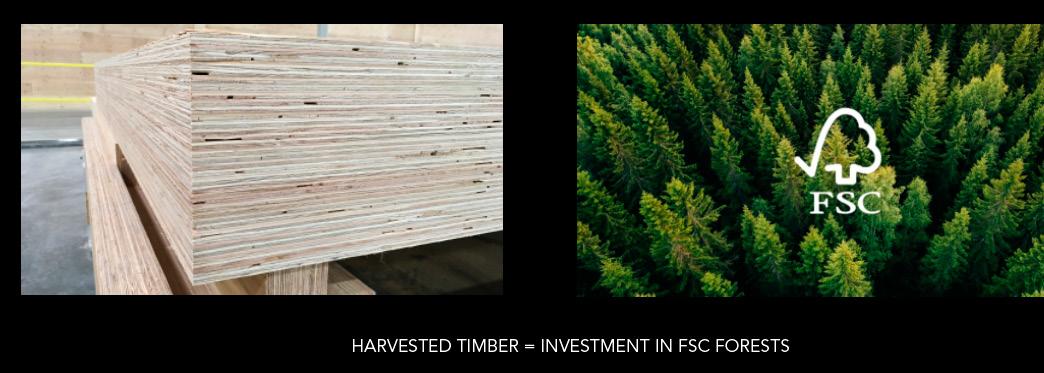

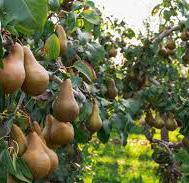
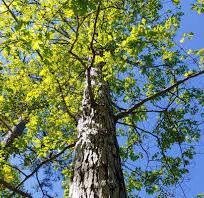
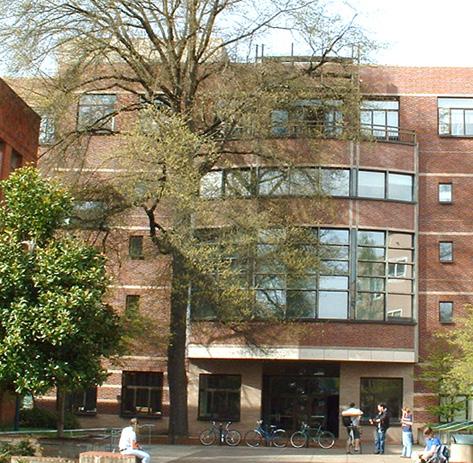
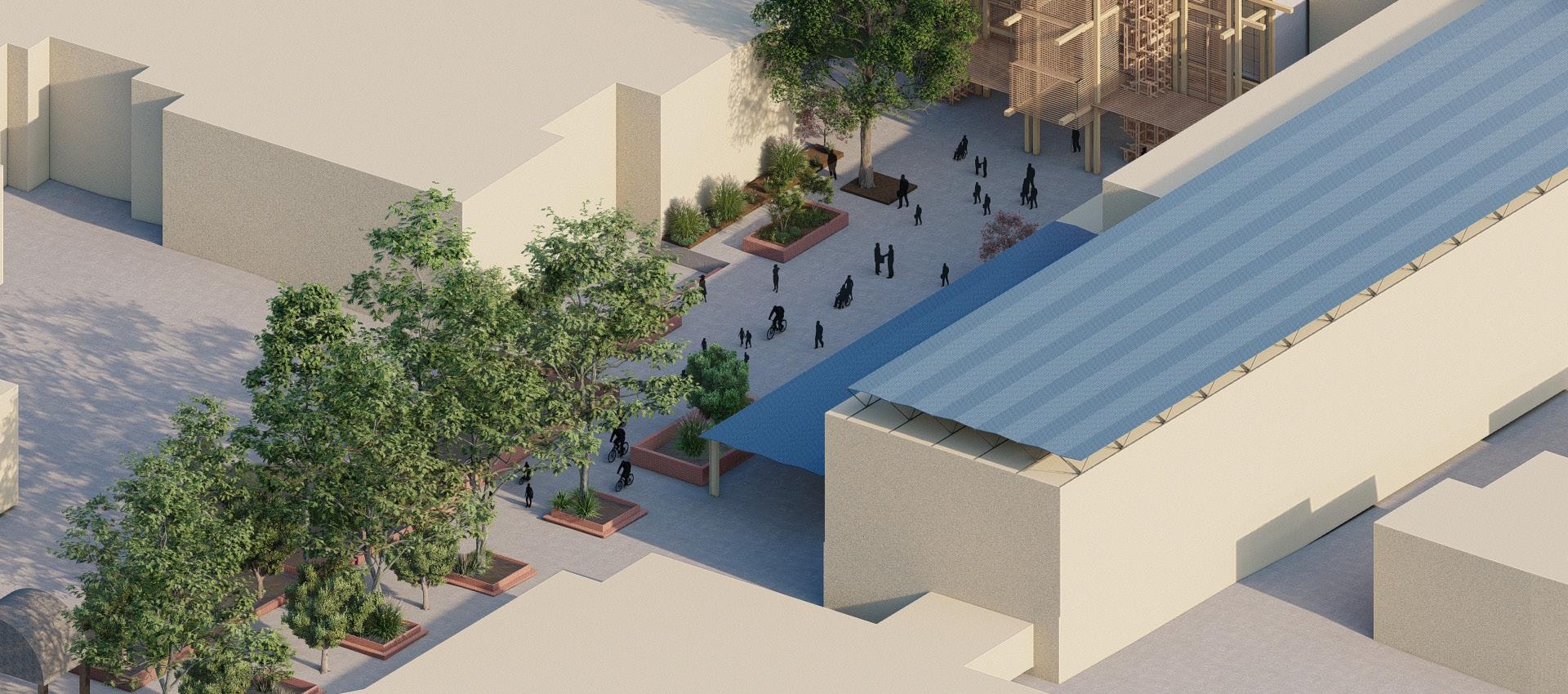
I-04 : HUMAN SCALED LIVING
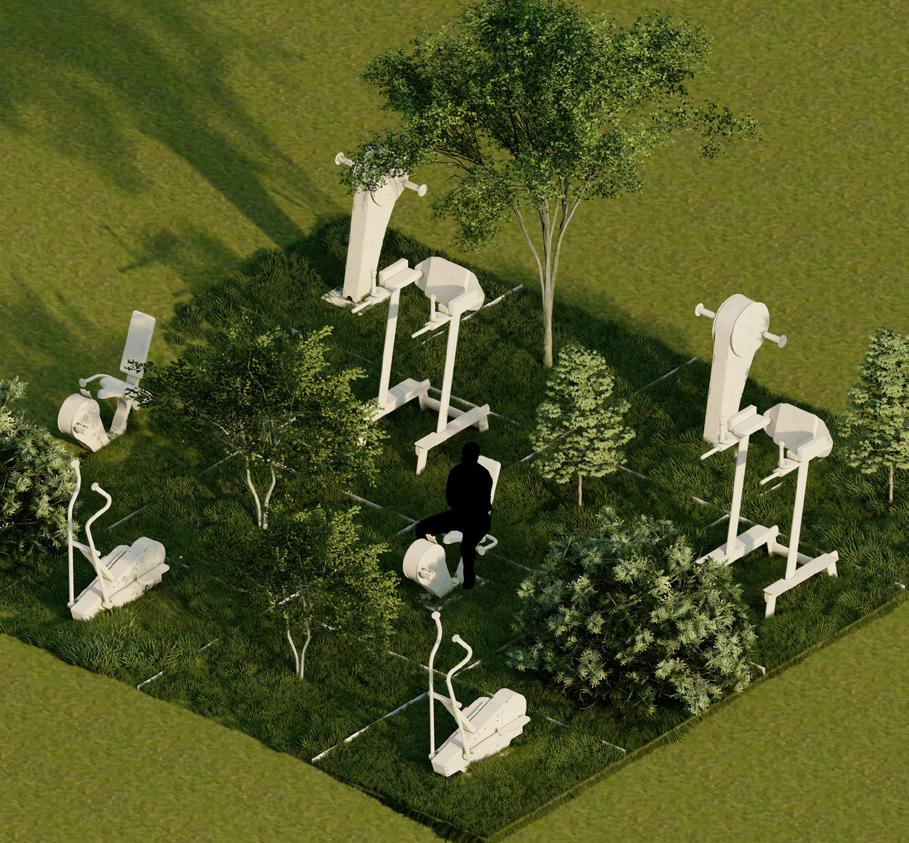
PLACEMENT OF ELIPTICALS THAT CHARGE LOW POWER DEVICES FROM GENERATED WATTAGE
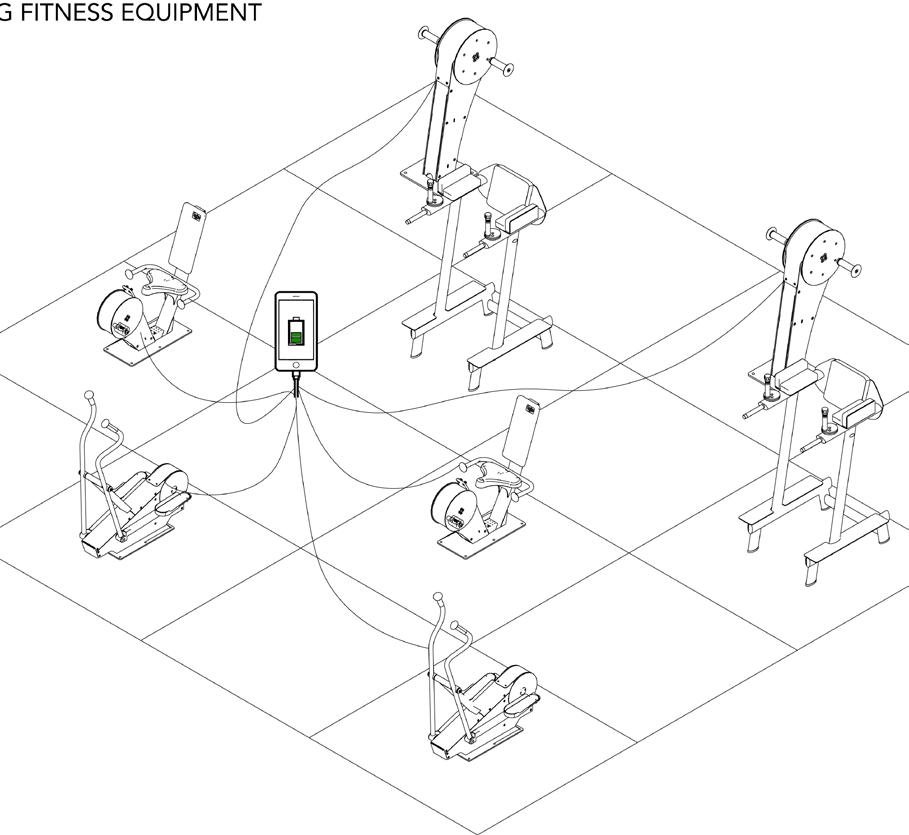
I-04 : HUMAN SCALED LIVING
NEW BIKE RACK FROM DEMOLISHED 90s PORTION OF BUILDING WITH PREFERRED RACK MODULE
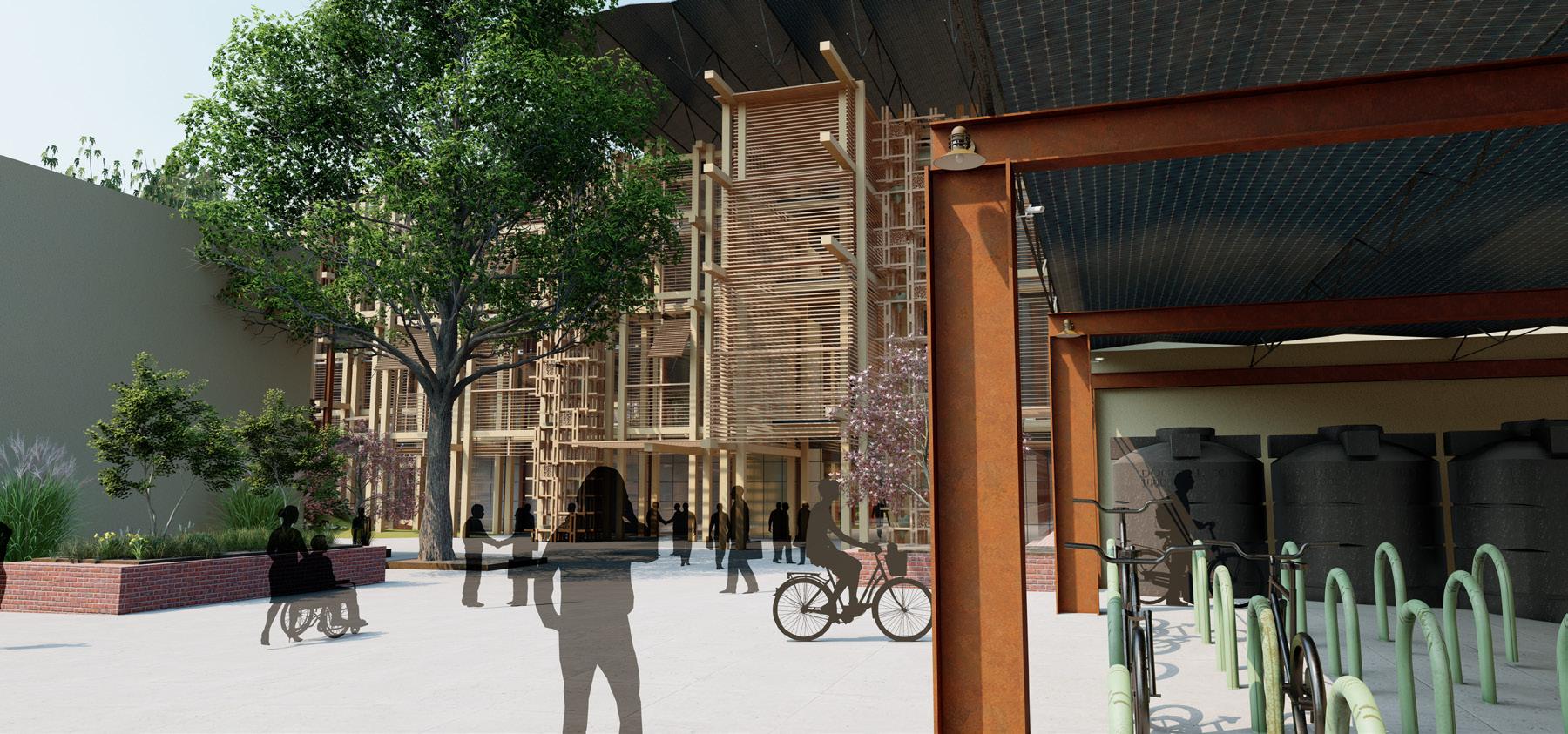
In the Living Building Challenge’s embrace, The Water Petal holds water’s grace. From raindrops to streams, it nurtures life’s flow, Conserving and protecting, wherever we go.
With reverence, we cherish this vital resource, Designing with care, letting nature endorse. Harvesting, recycling, leaving no waste, A sustainable path, where balance is embraced. Let water inspire, in each building we create, A testament to harmony, for a future so great. In this challenge, united we stand, Honoring water’s essence, hand in hand.
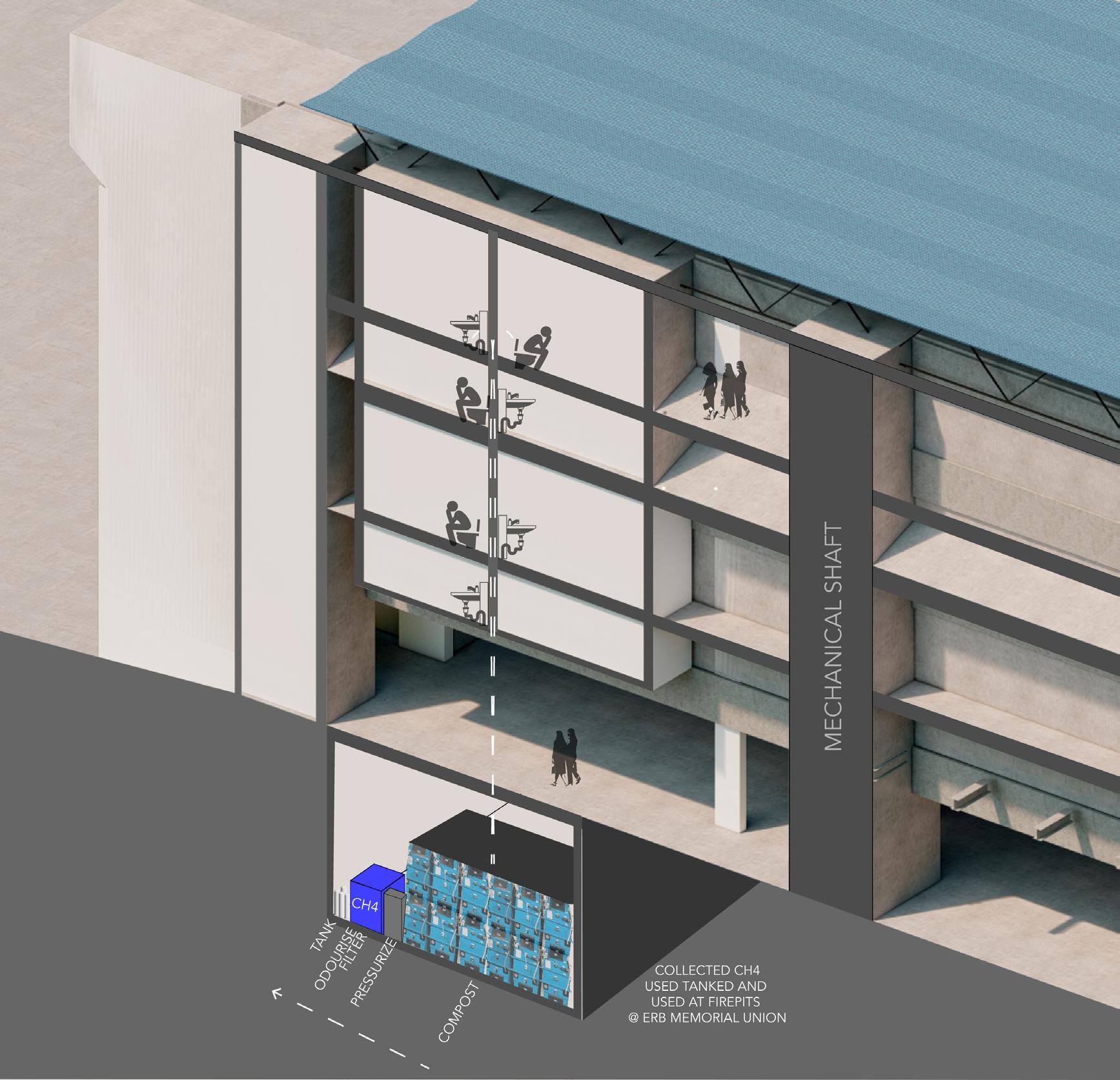
I-04 + I-05 :RESPONSIBLE WATER USE + NET POSITIVE WATER
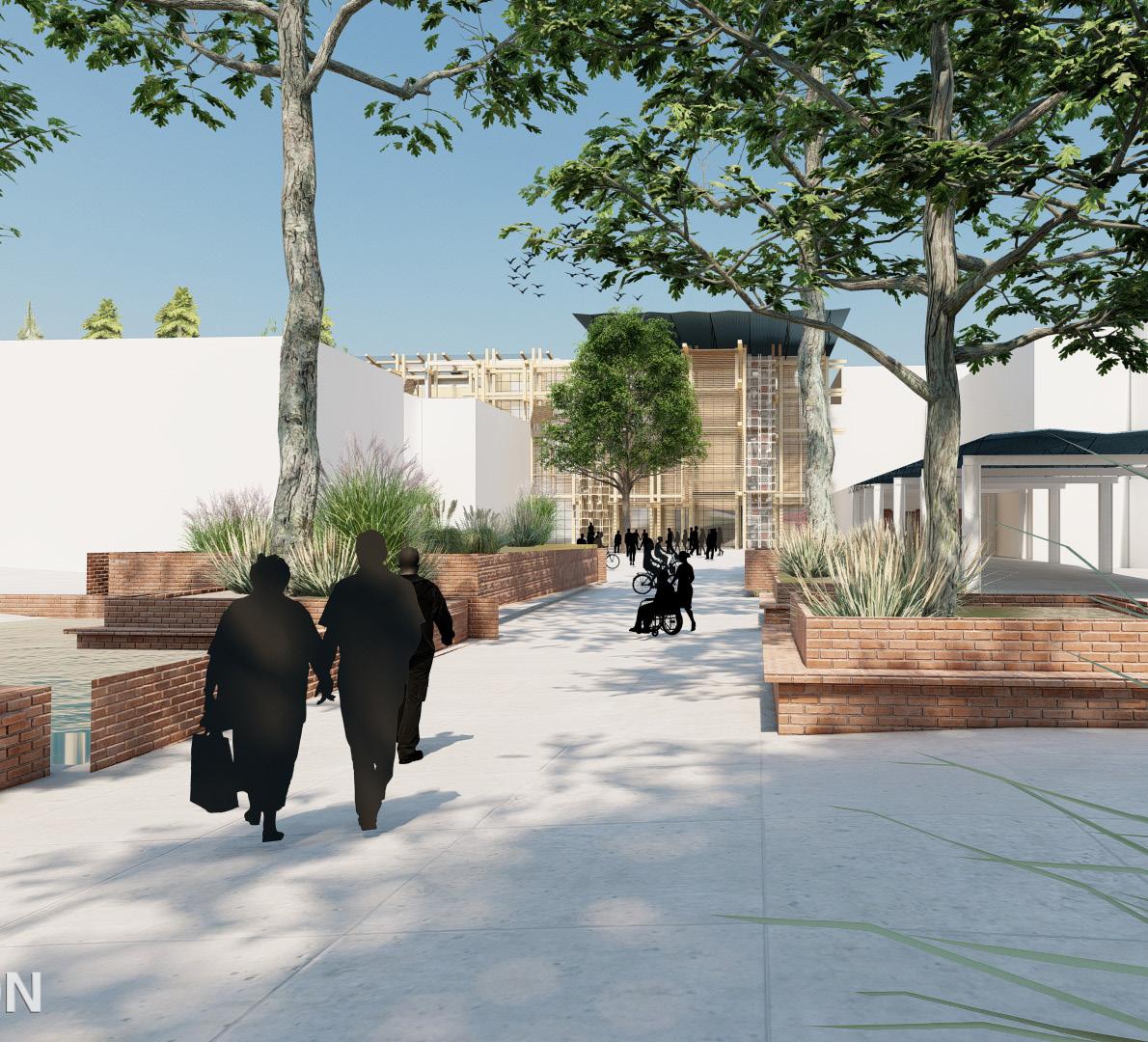
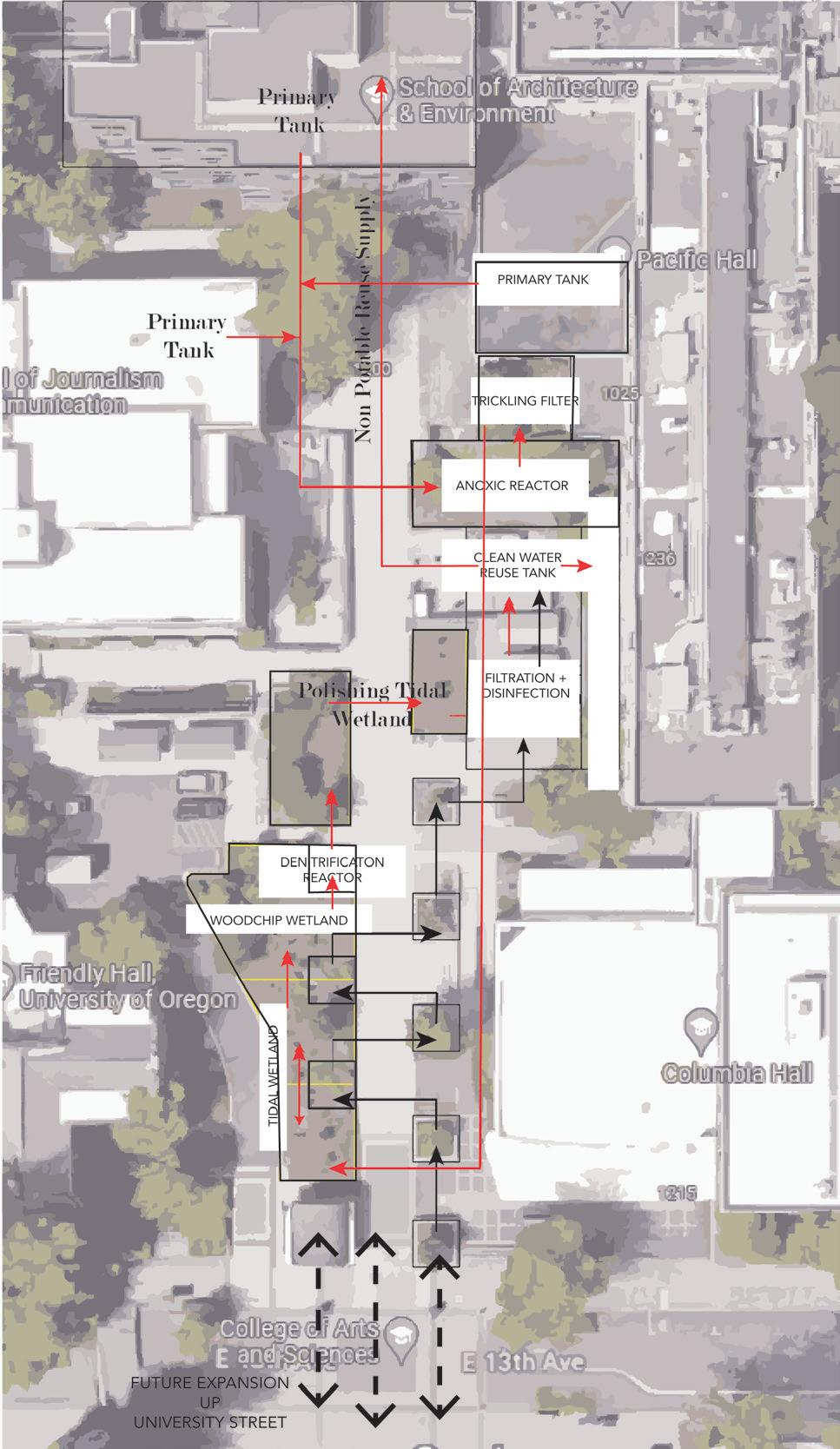
I-04 + I-05 :RESPONSIBLE WATER USE + NET POSITIVE WATER
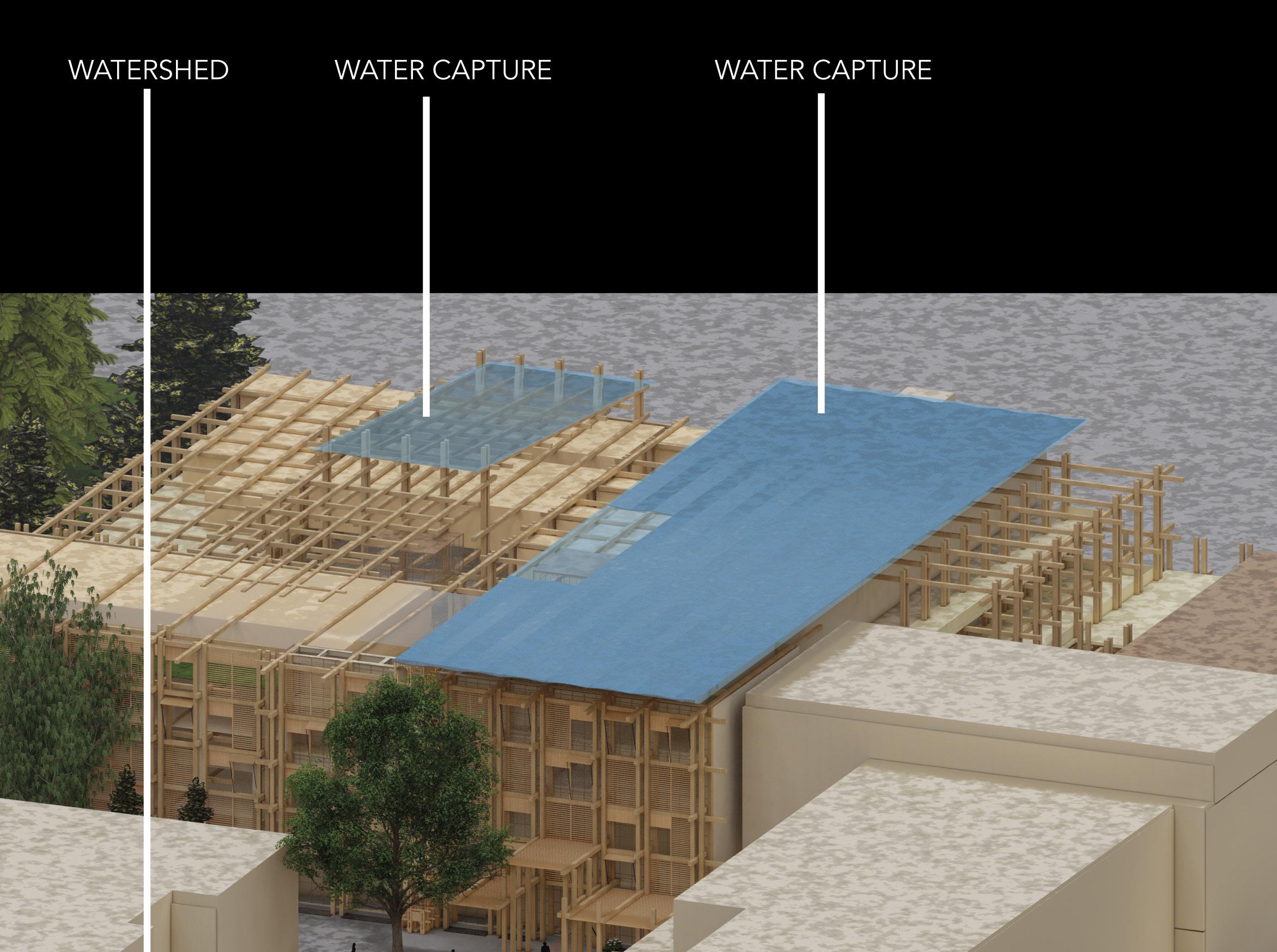

The Energy Petal within the Living Building Challenge focuses on efficient and sustainable energy practices. It emphasizes reducing energy consumption, harnessing renewable energy sources, and striving for net-zero energy usage. By embracing innovative technologies and mindful design, buildings can create a positive impact, minimizing their carbon footprint and maximizing energy efficiency. The Energy Petal inspires the creation of spaces that thrive while prioritizing environmental responsibility and sustainability.
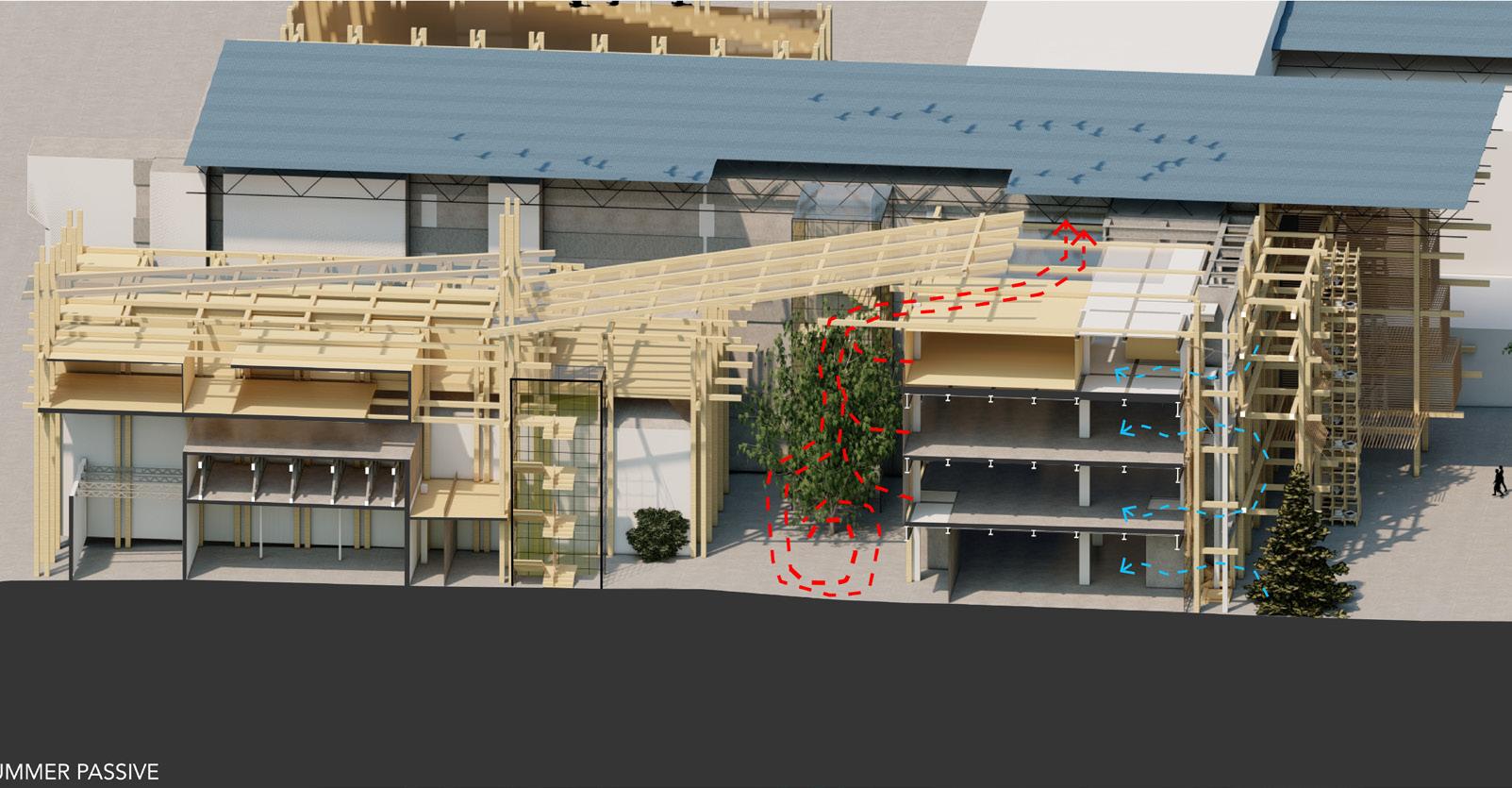
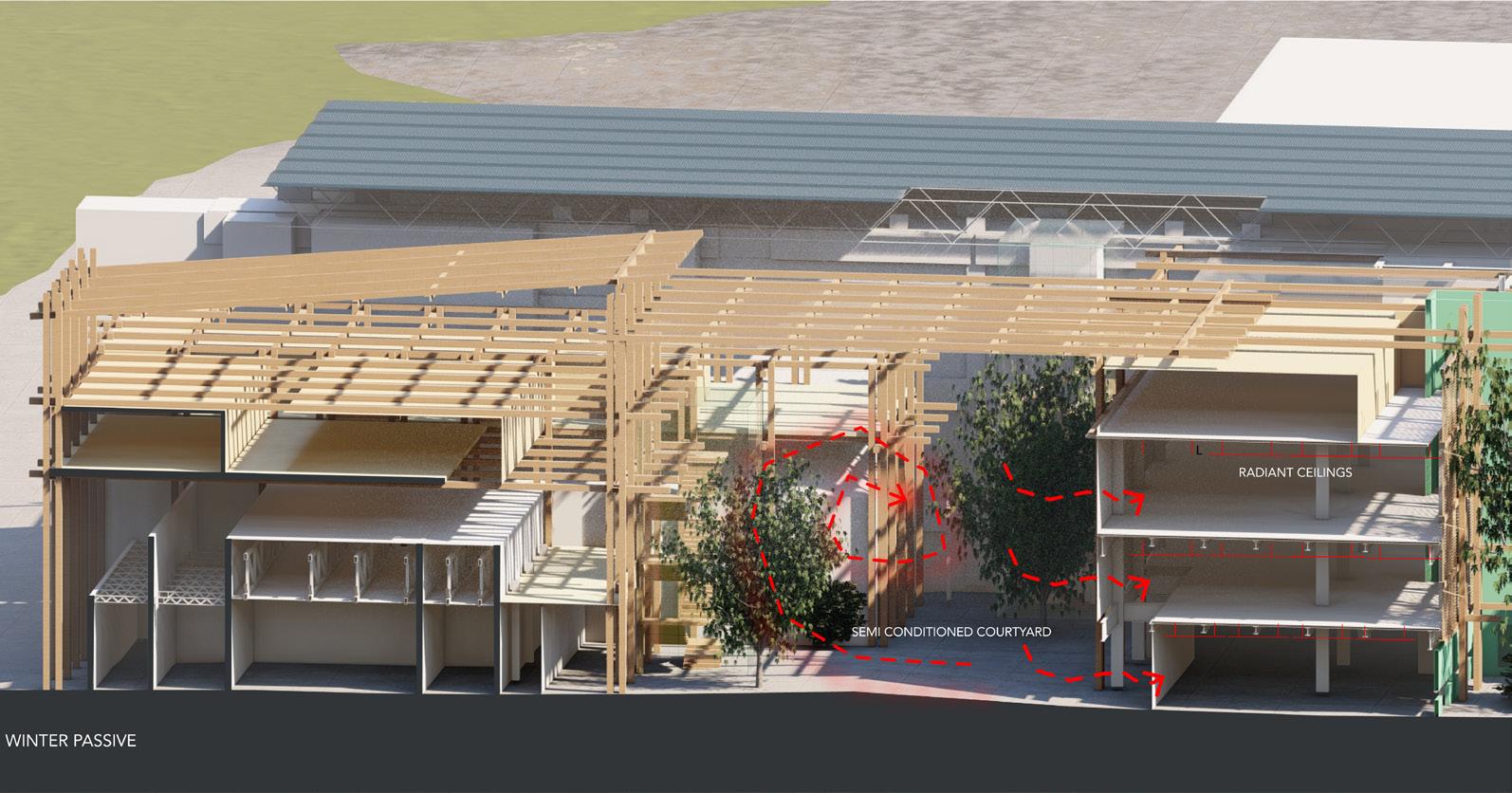
I-07 : ENERGY AND CARBON REDUCTION
FALL/WINTER: THE INCOMING STUDENTS LOWER THE COVER OF THE COURTYARD TO START OFF THE YEAR. THE COURTYARD BECOMES SEMI-CONDITIONED AND AN EXTENSION FOR PROGRAM DURING THE WET SEASON
SPRING/SUMMER: SENIOR GRADUATING STUDENTS USE THE BIKE TO CRANK OPEN THE COURTYARD TO CELEBRATE THE END OF THE YEAR. OPENING UP THE COURTYARD TO RELEASE WARM TRAPPED AIR
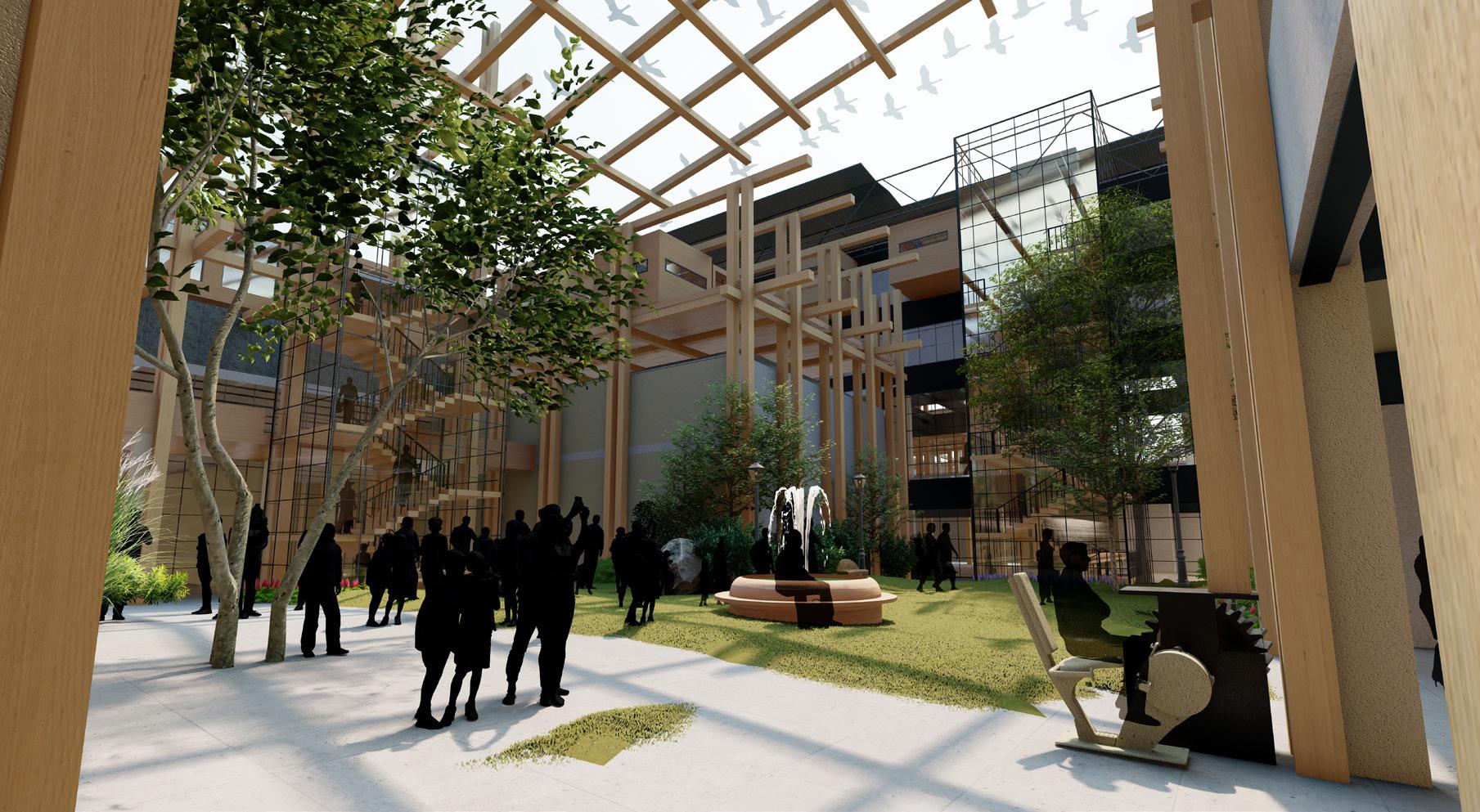
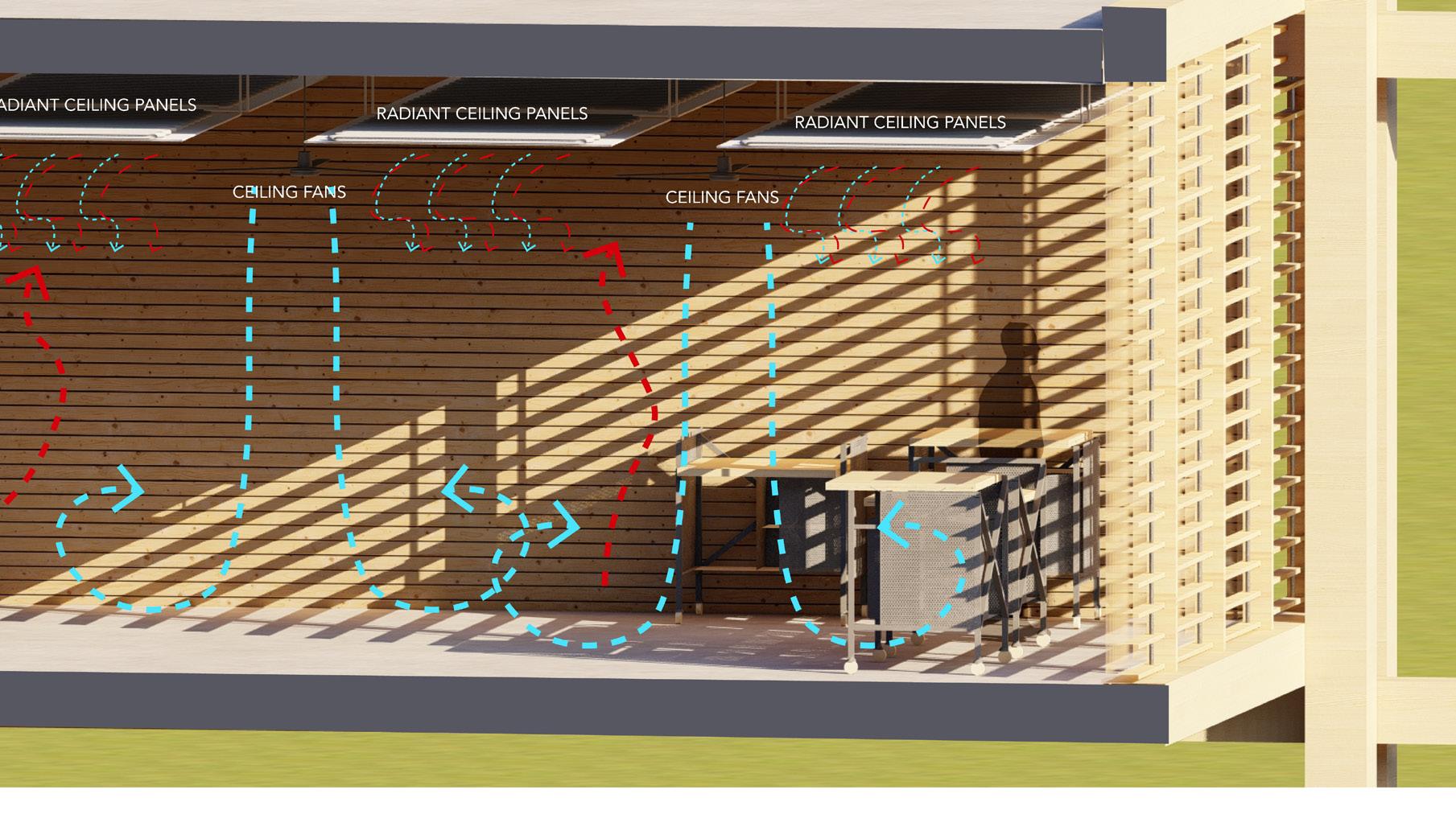
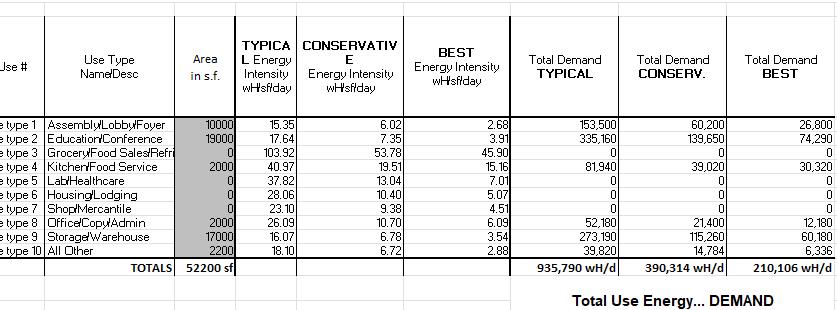
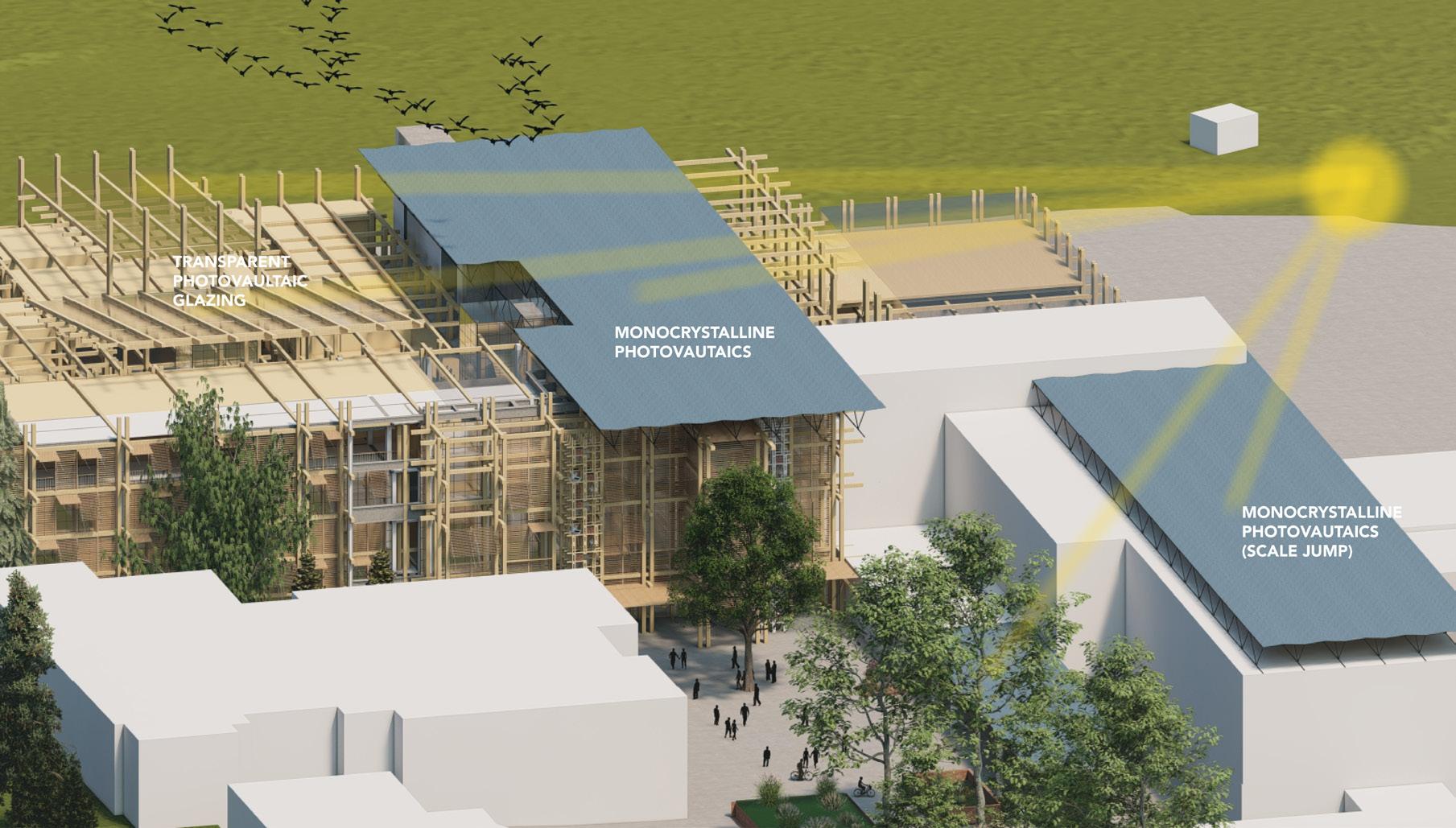
The Health and Happiness Petal in the Living Building Challenge centers around promoting well-being and fostering spaces that enhance occupant health and happiness. It emphasizes creating environments that prioritize human health, comfort, and overall quality of life. This petal encourages designs that provide ample natural light, good indoor air quality, and access to nature. It also promotes the use of non-toxic materials and encourages physical activity and social interaction. By integrating these principles, the Health and Happiness Petal seeks to create spaces that support the holistic well-being of individuals and communities.
I-09 + I-10 : HEALTHY INTERIOR ENVIRONMENT
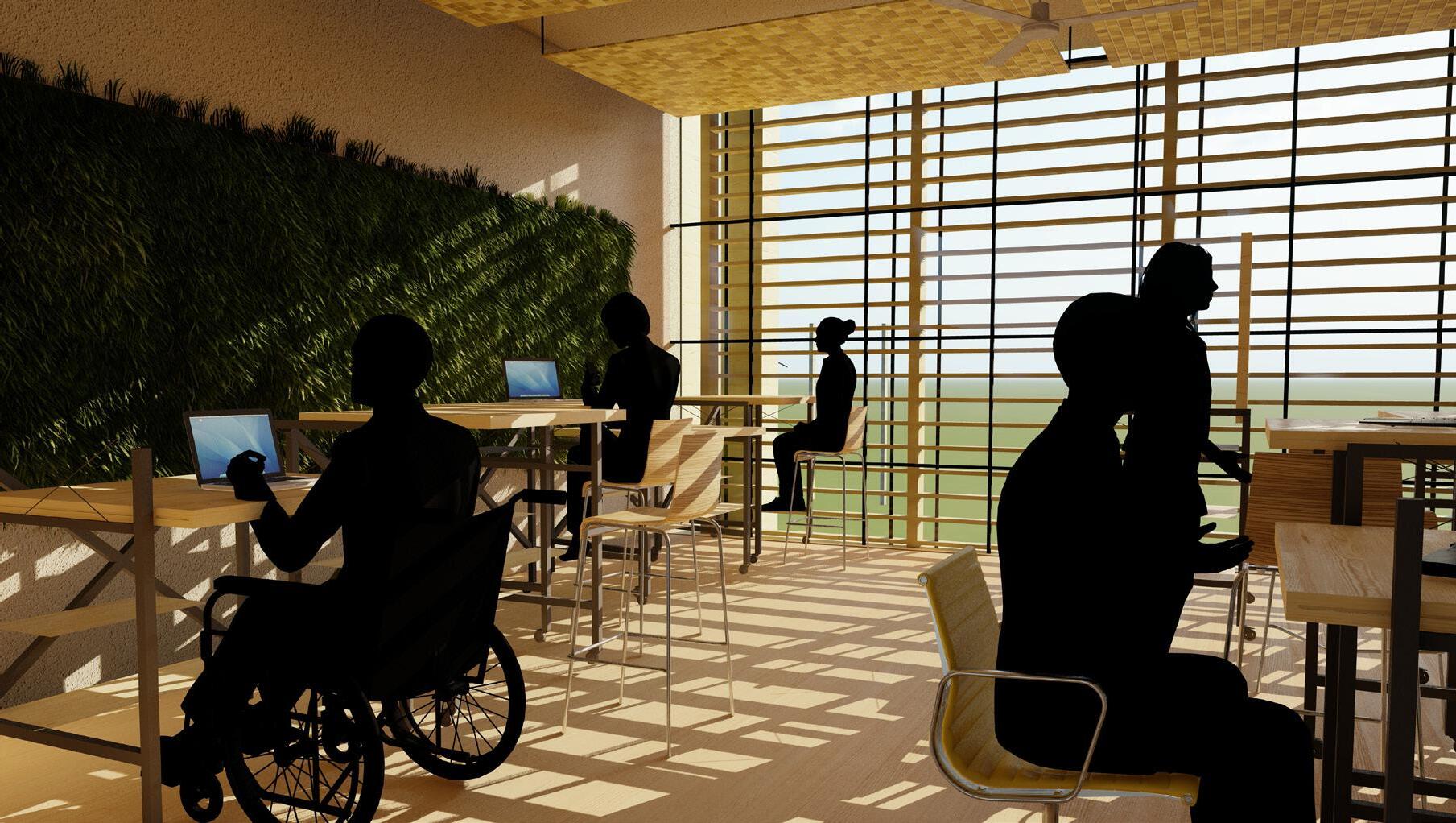
VIEWS TO NATURE
ACCESS TO DAYLIGHT
VARIABLE SHADING
NATURAL VENTILATION
I-11 : ACCESS TO NATURE
ACCESSIBLE COURTYARD
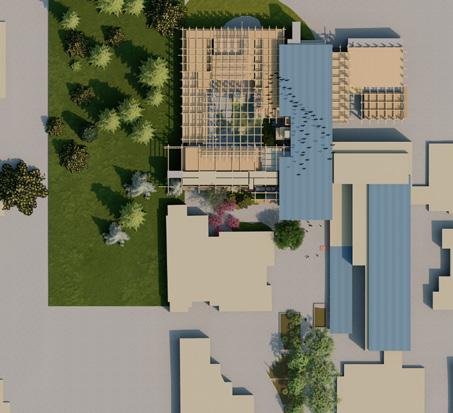
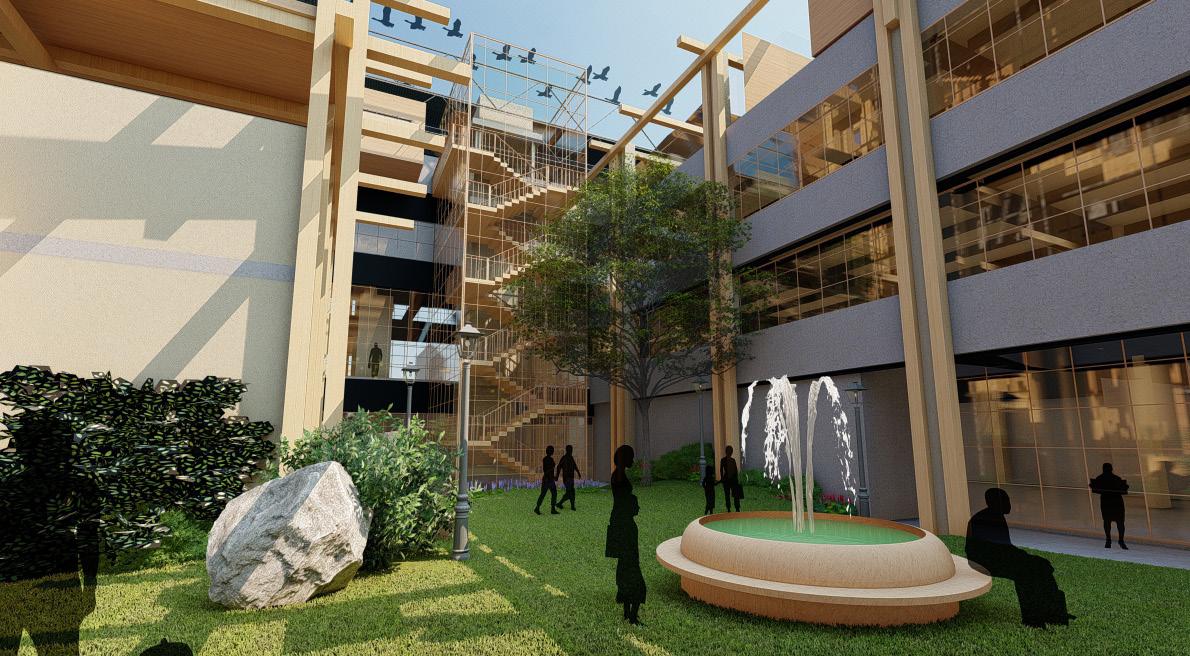
VERNACULAR PLANTINGS
CREATES NATURAL VIEWS
The Materials Petal in the Living Building Challenge focuses on promoting environmentally responsible and socially equitable material choices throughout the building process. It emphasizes the use of materials that are locally sourced, sustainably produced, and free from harmful chemicals. This petal encourages designs that prioritize the conservation of resources, such as using recycled or upcycled materials and reducing waste. It also promotes transparency in material sourcing and encourages the consideration of social justice and ethical labor practices. By embracing these principles, the Materials Petal aims to create buildings that minimize their environmental impact, prioritize human health, and contribute to a more sustainable and equitable future.
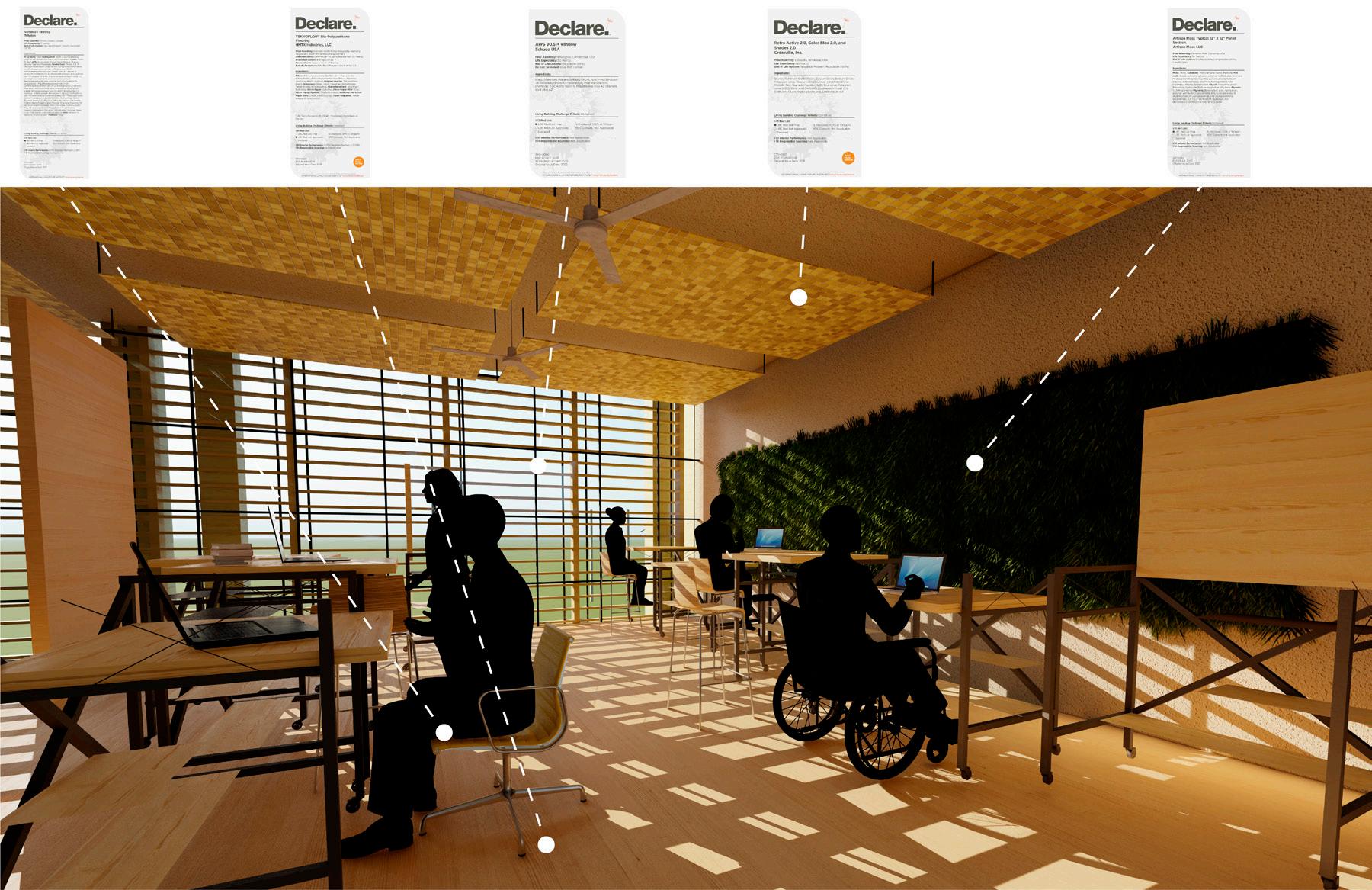
I-12 + I- 13 + I-14
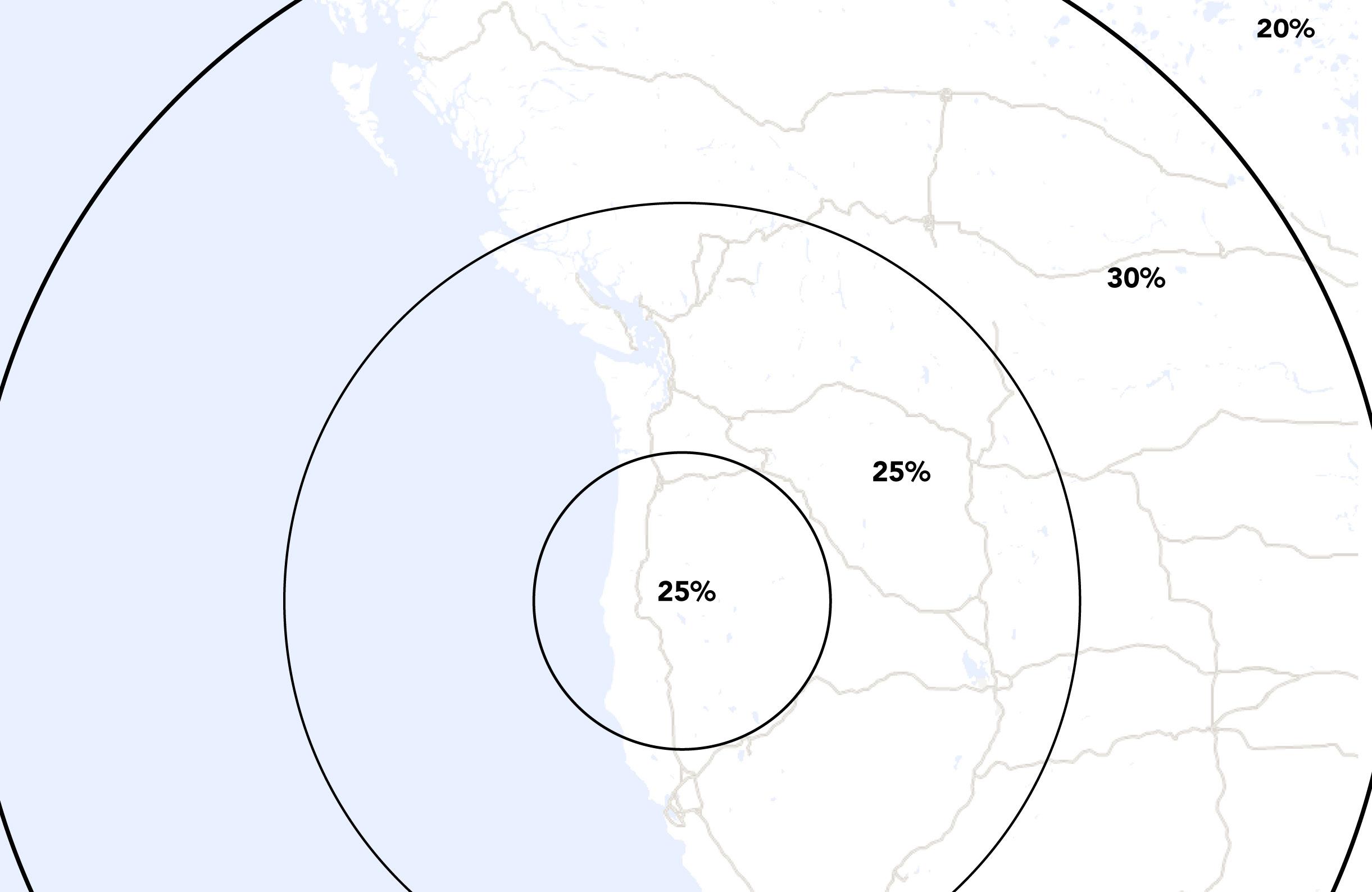
I-15 + I-16
BIKE RACK SHED MADE FROM UPCYCLE DEMOLISION STEEL + REUSED RACKS
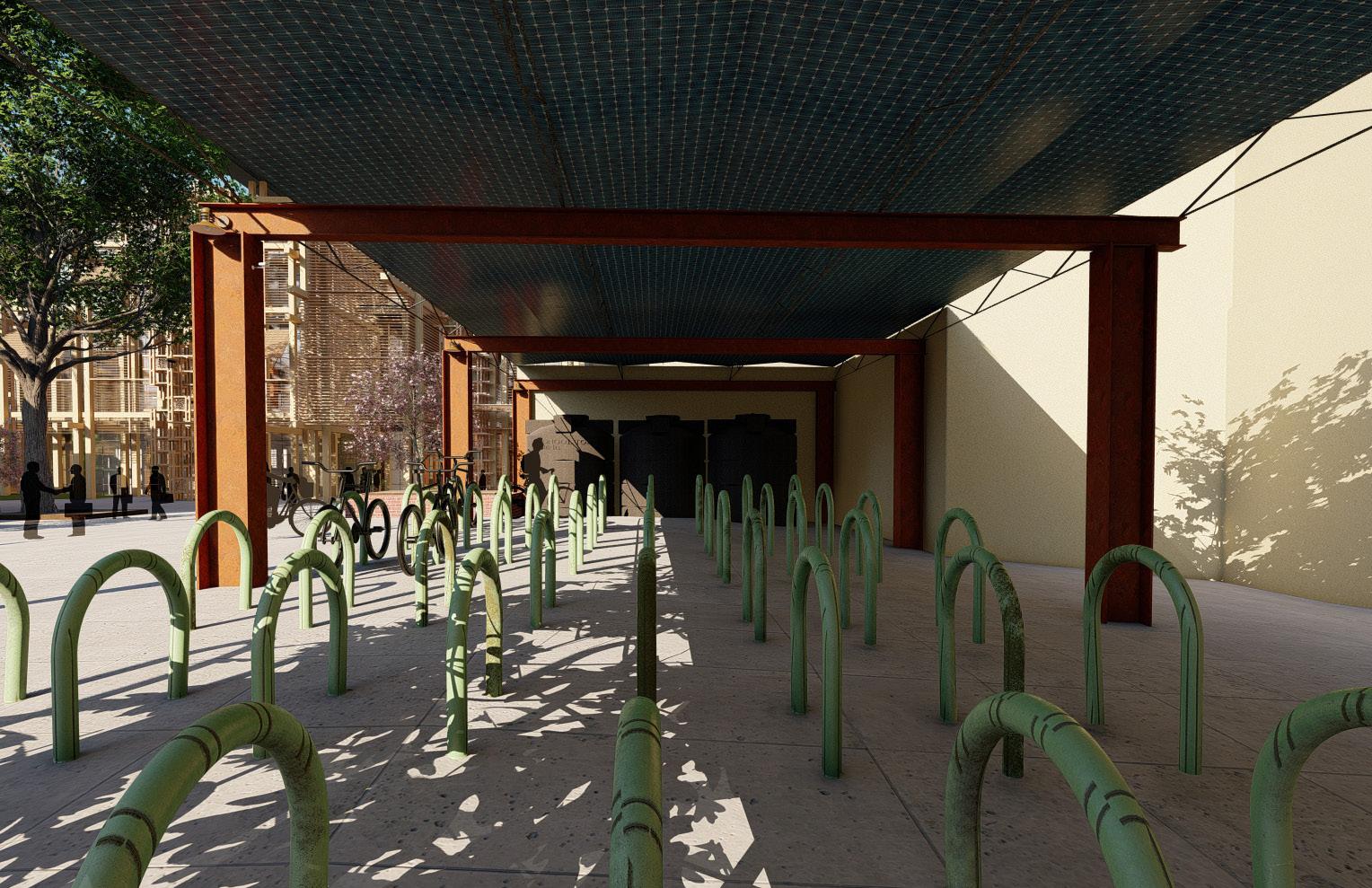
The Equity Petal in the Living Building Challenge is dedicated to promoting social equity and justice within the built environment. It emphasizes creating spaces that are accessible, inclusive, and respectful of diverse communities and individuals. This petal encourages designs that address the needs of marginalized populations, provide equitable access to resources and amenities, and foster a sense of belonging and community. It promotes fair labor practices, diverse hiring, and engagement with local communities. By prioritizing equity, the Equity Petal seeks to ensure that everyone, regardless of their background or circumstances, can benefit from and contribute to the spaces we create, fostering a more just and inclusive society.
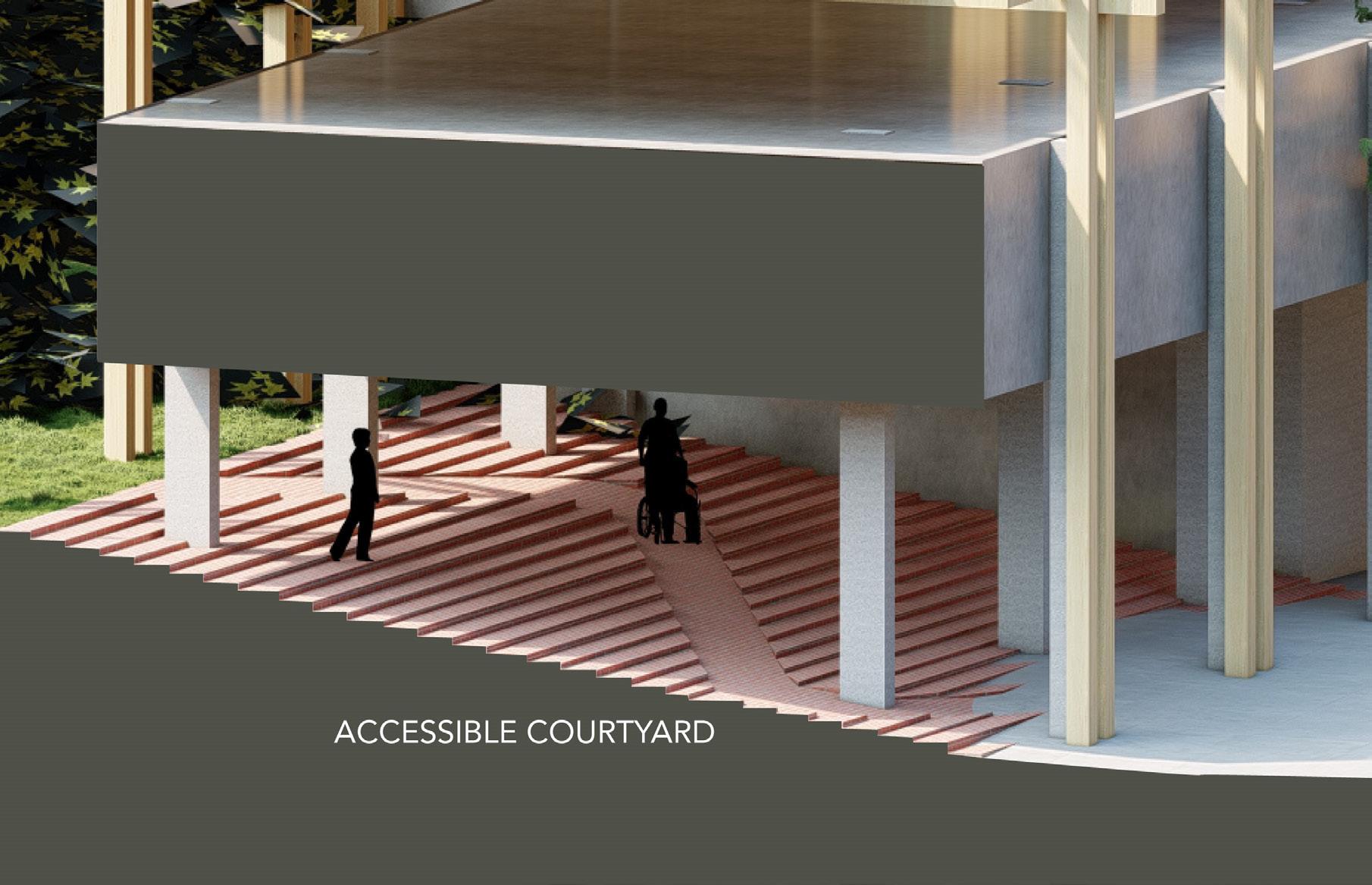

NEW DESK FOR STUDIO
CUT EXISTING IN HALF + USE ALL EXISTING METAL AND REWELD
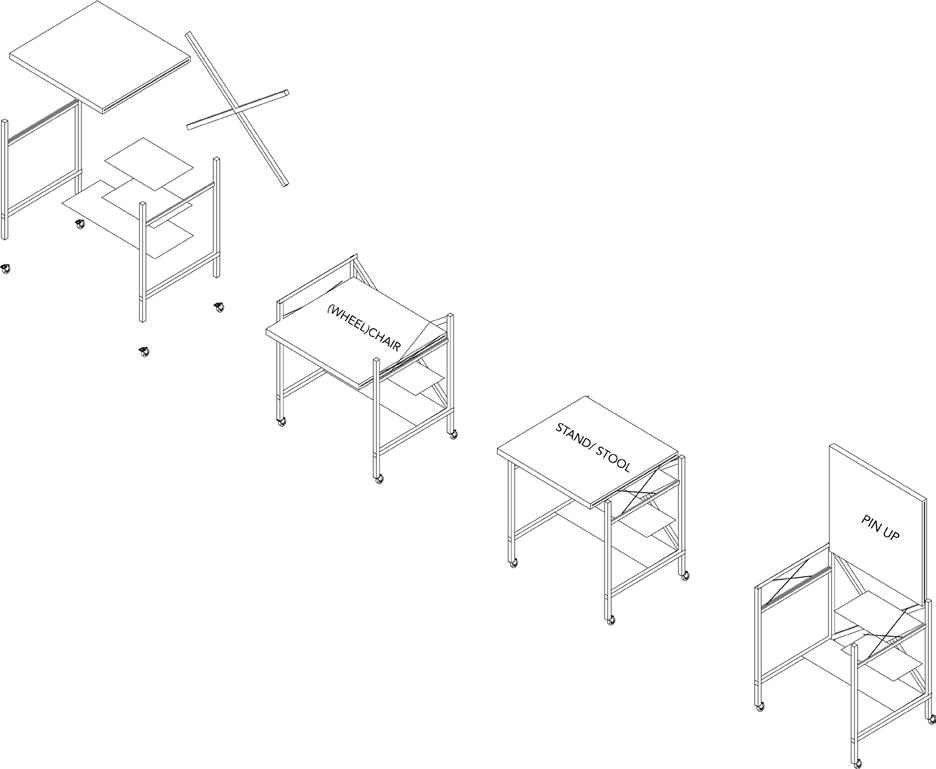
NATURAL VENTILATION
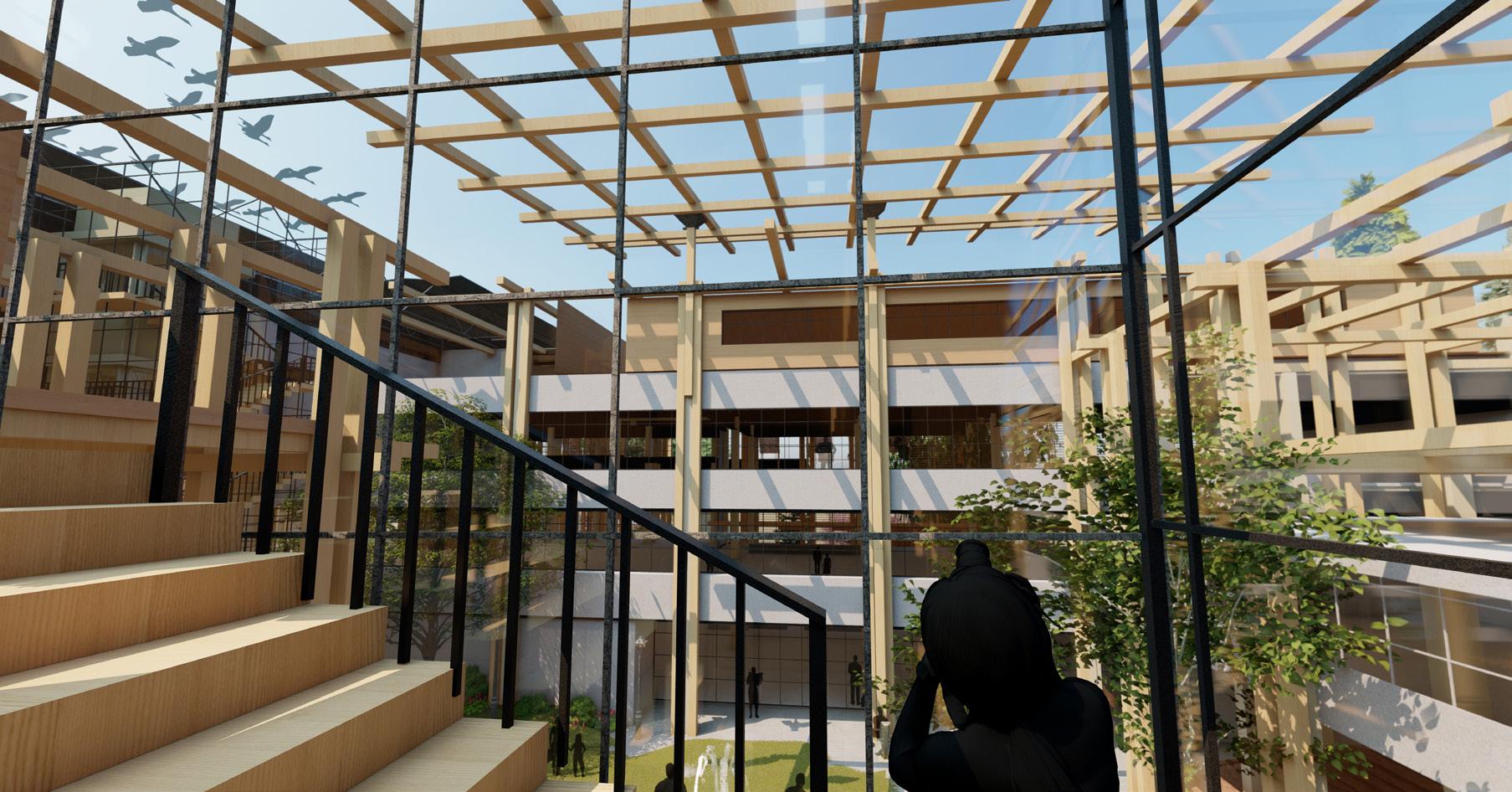
VIEWS AND VISTAS
HABITATS AND ECOSYSTEMS
GROWTH AND EFFORESENCE
NATURAL LIGHT
SPATIAL VARIABILITY
SPATIAL HARMONY
HISTORIC CONNECTON
CULTURAL CONNECTION
INDIGENOUS CONNECTIONS
SPIRIT OF PLACE
ORDER AND COMPLEXITY
